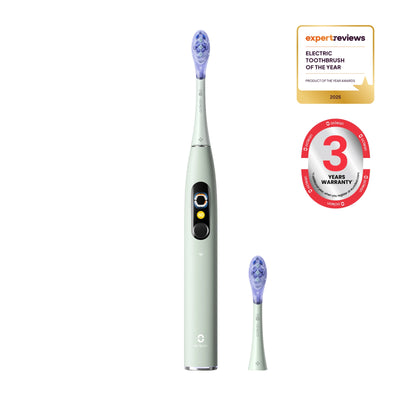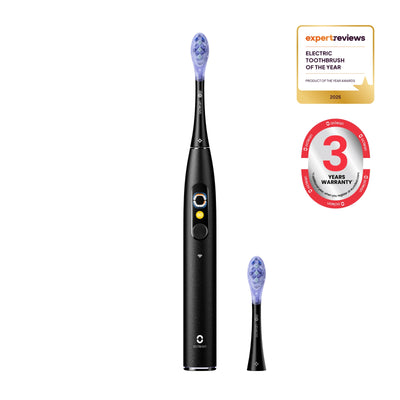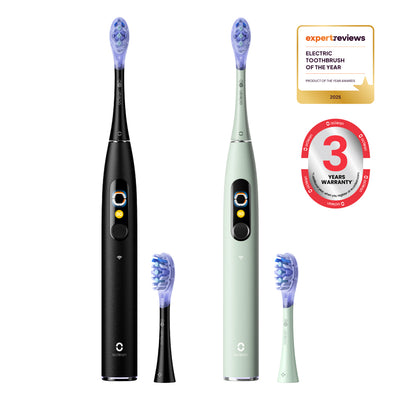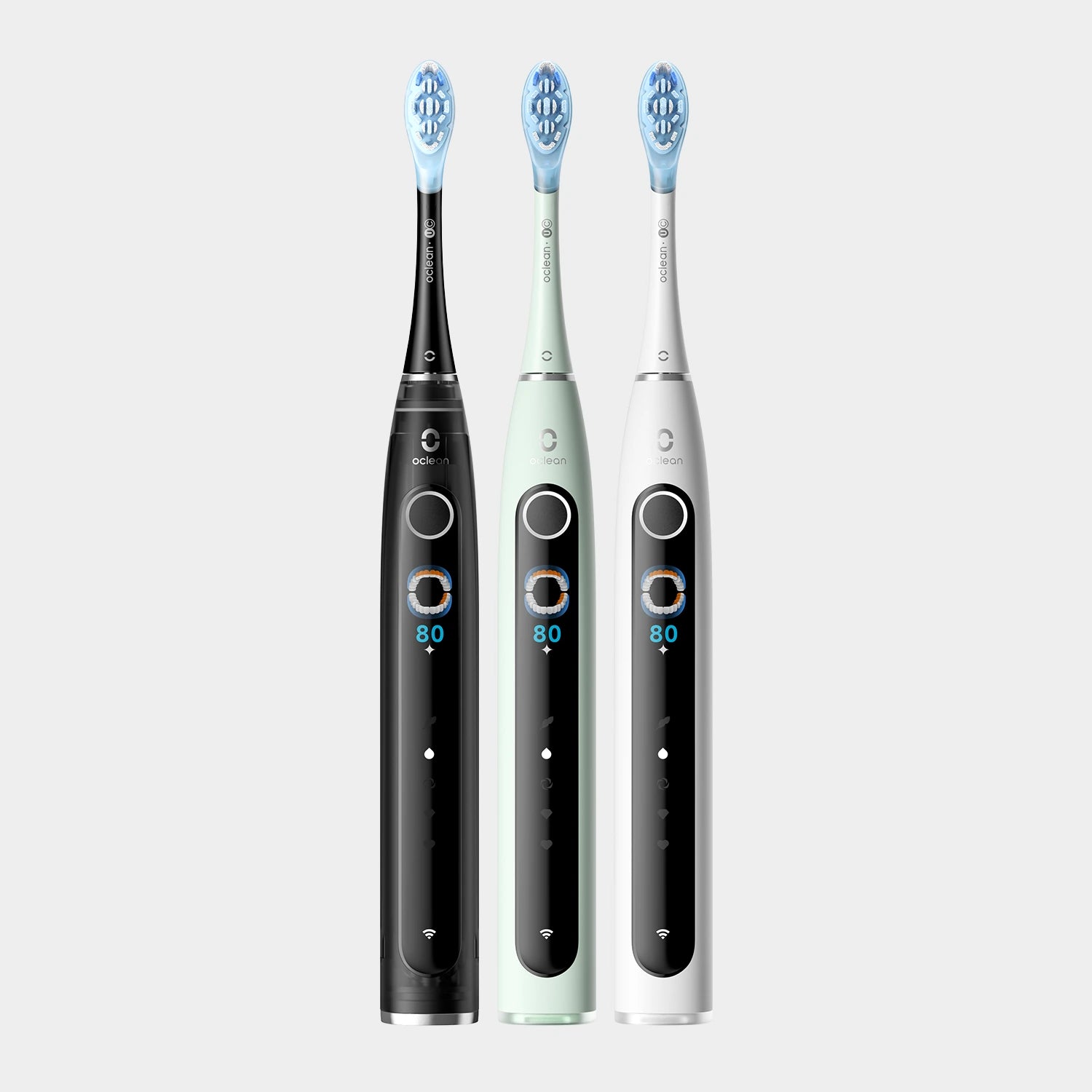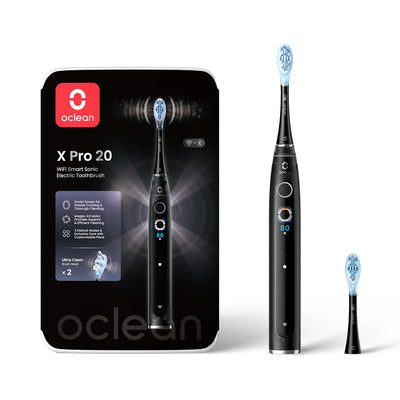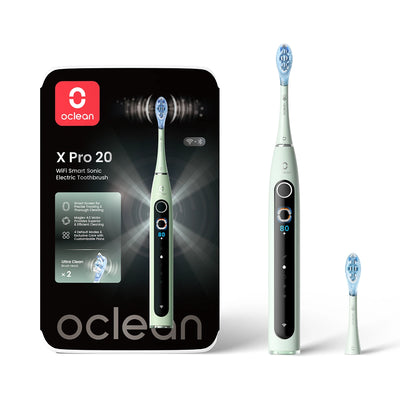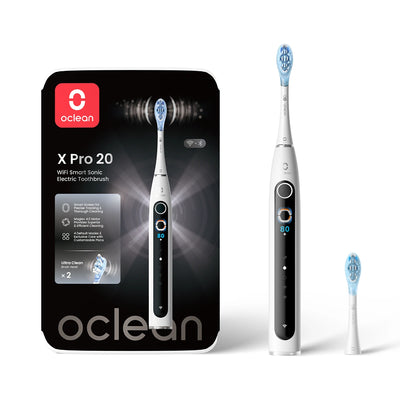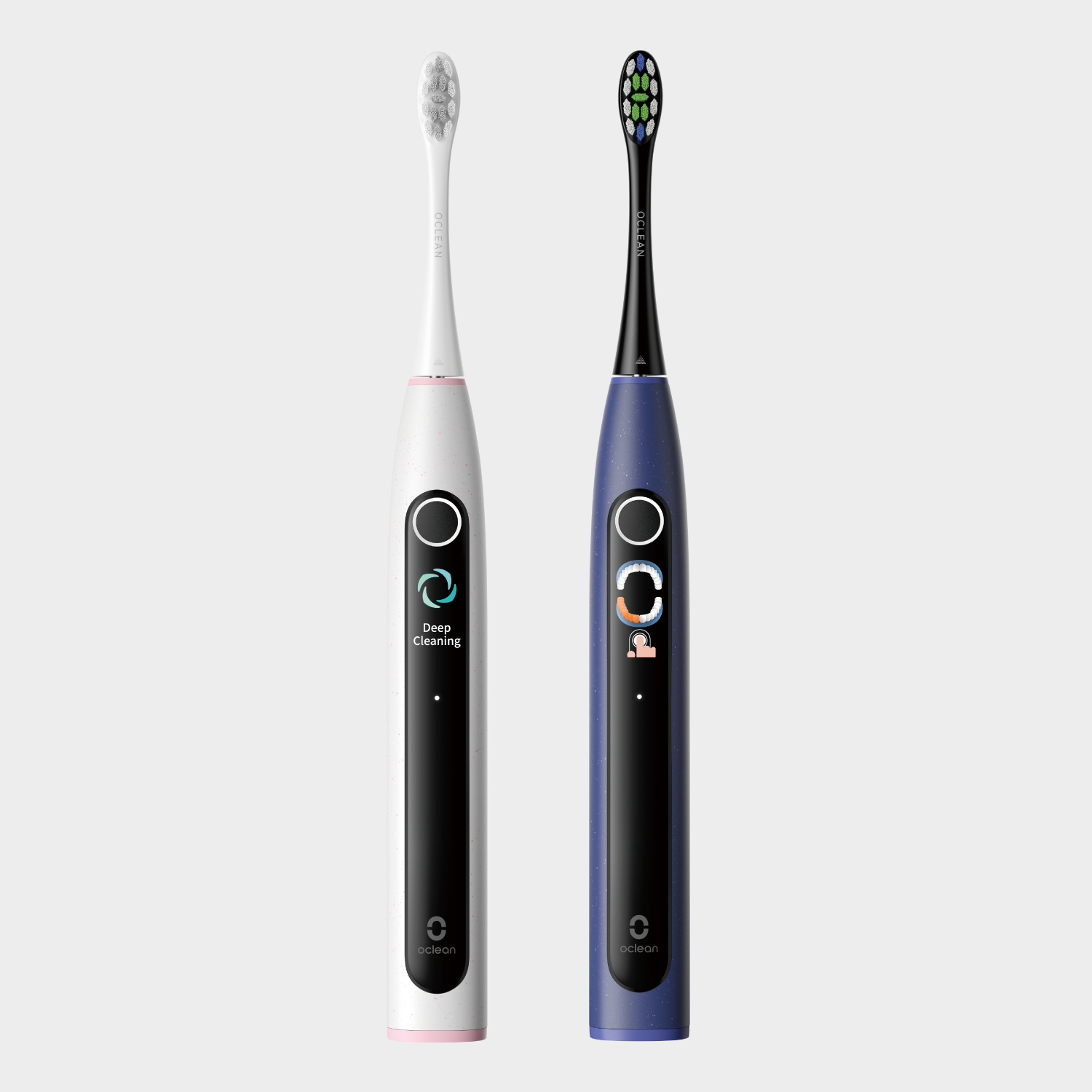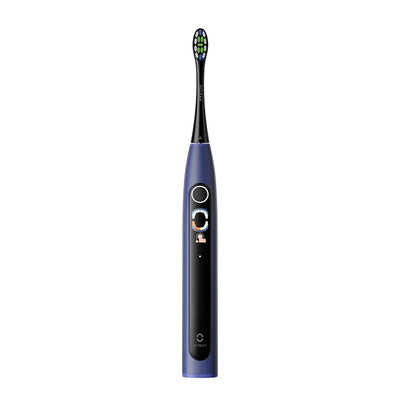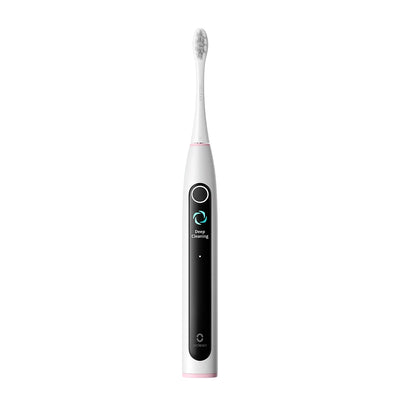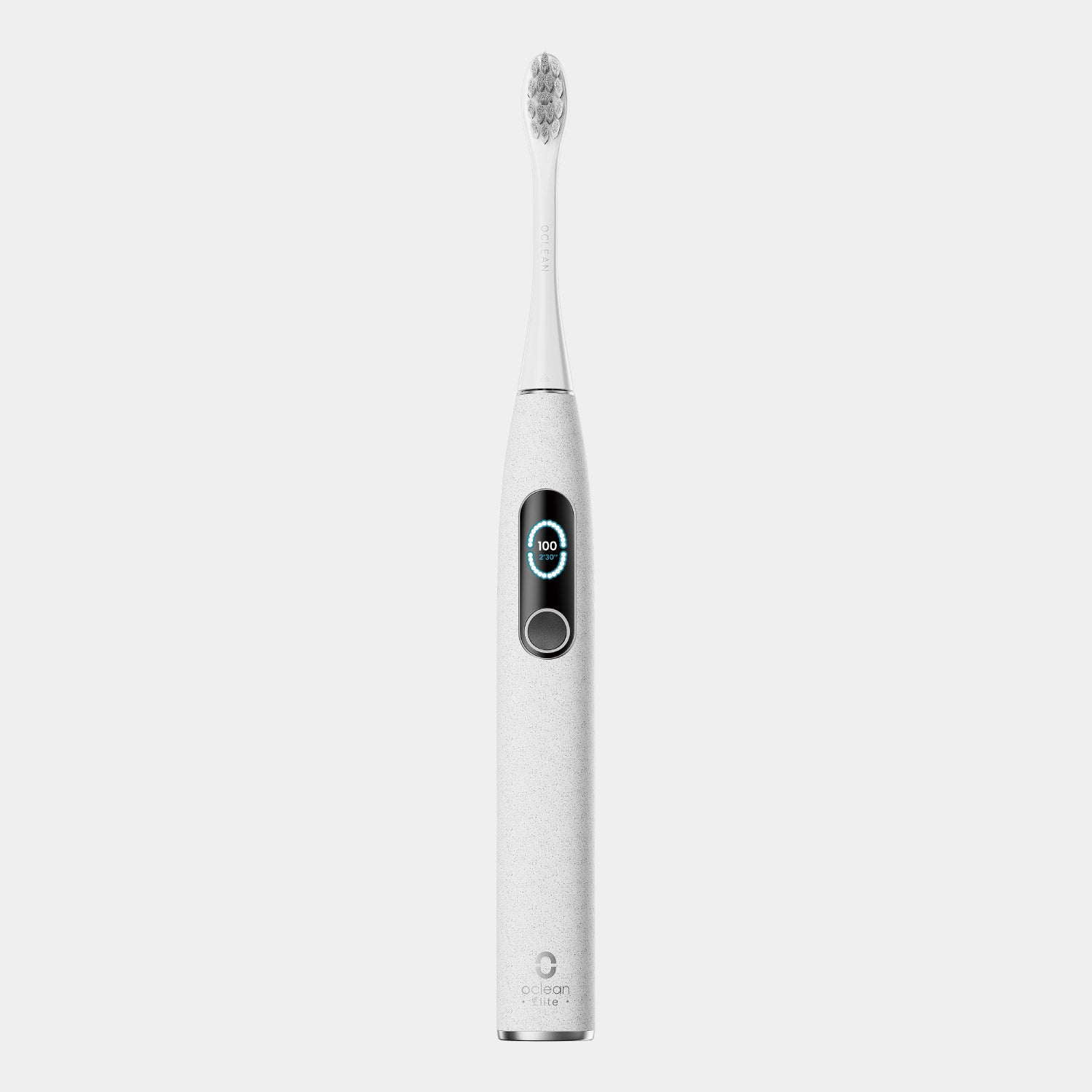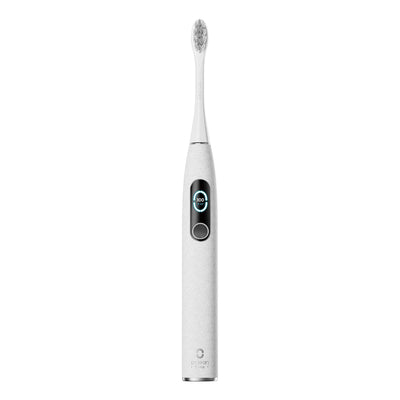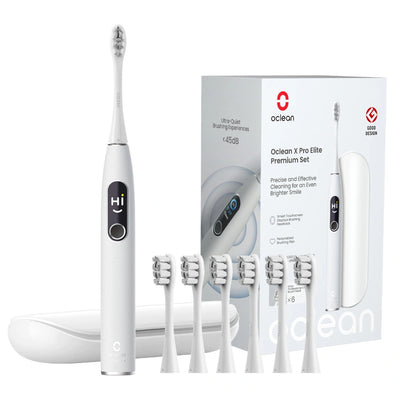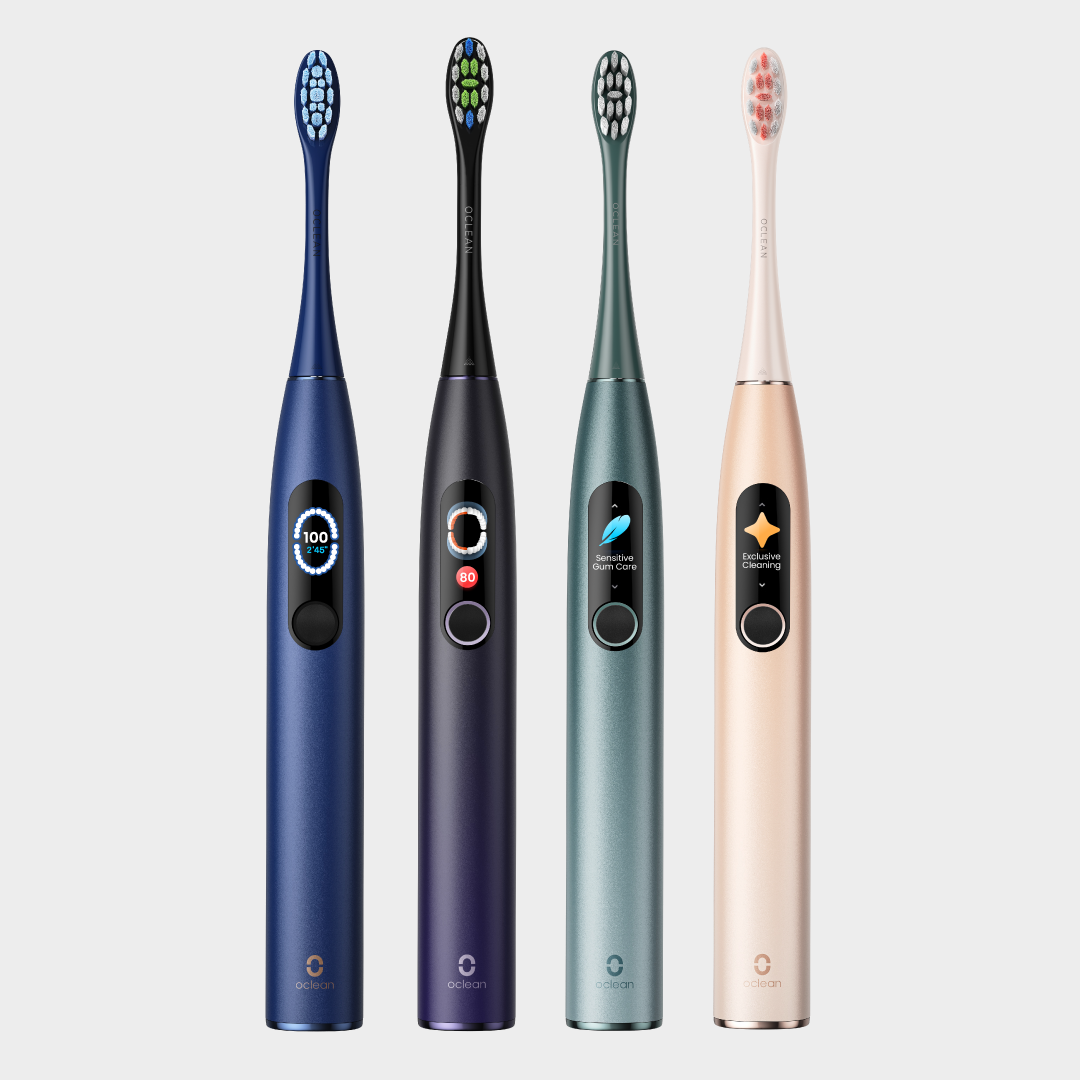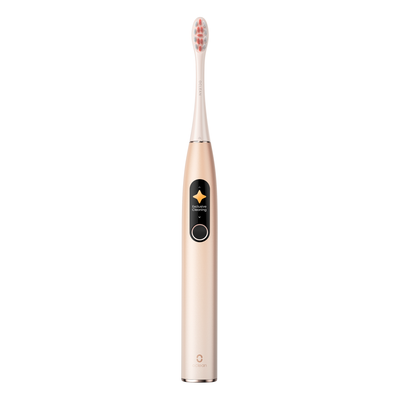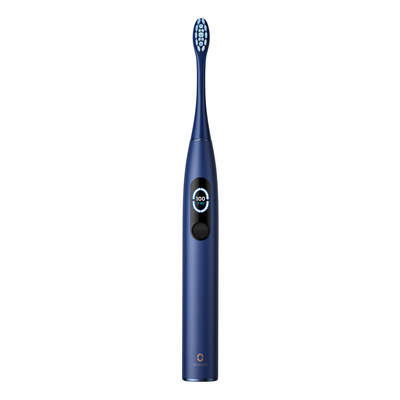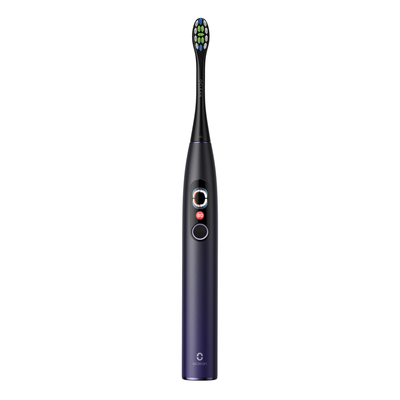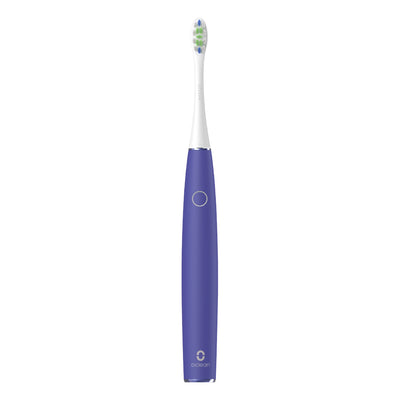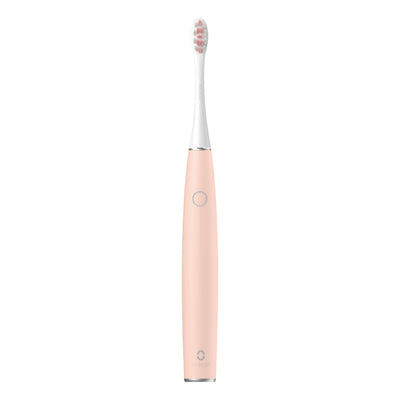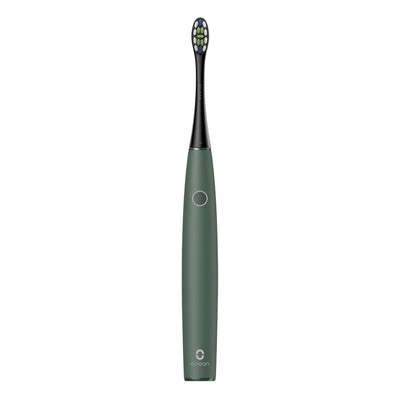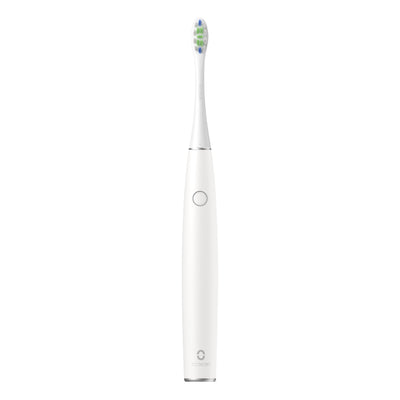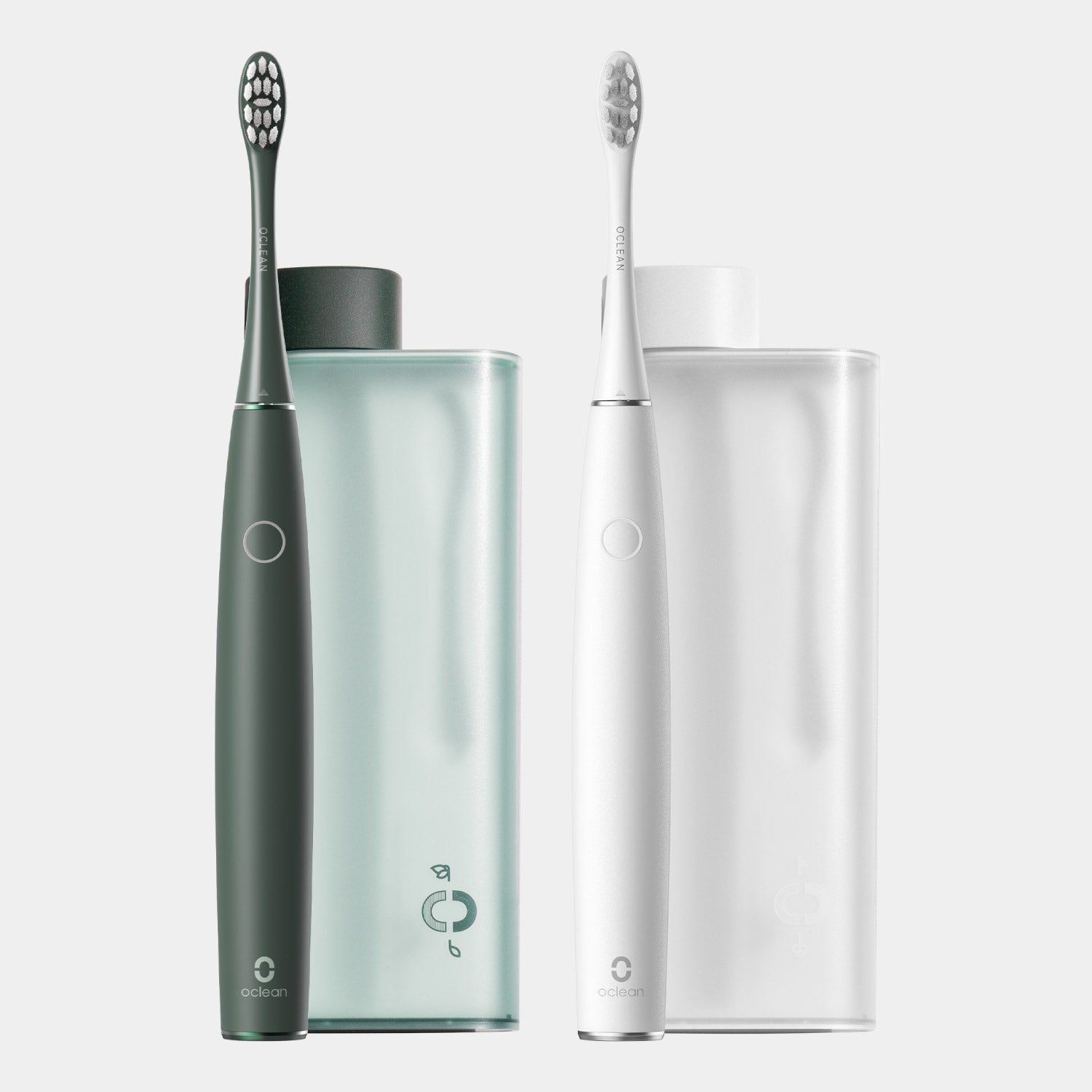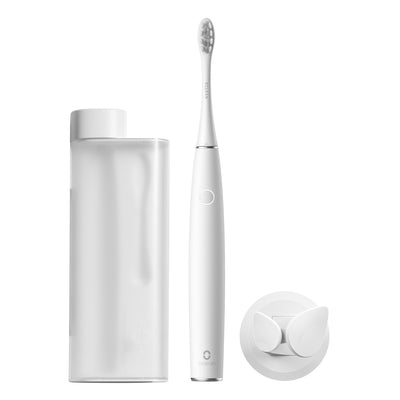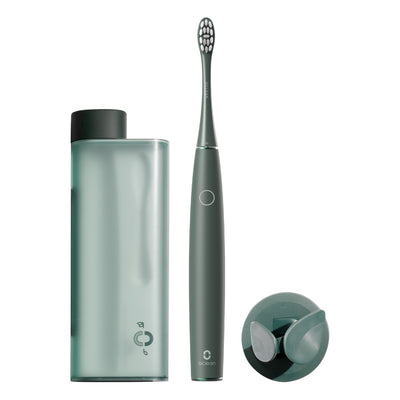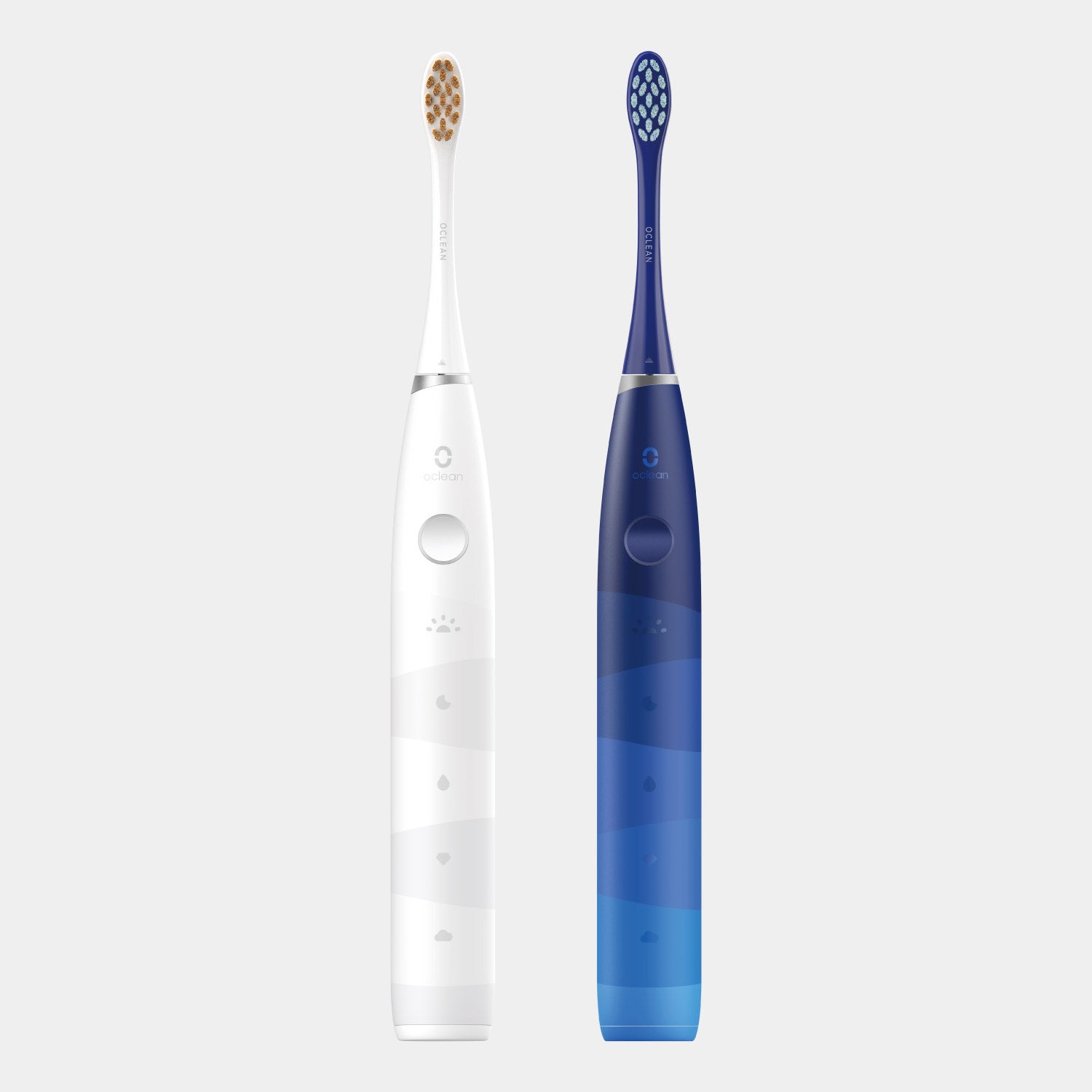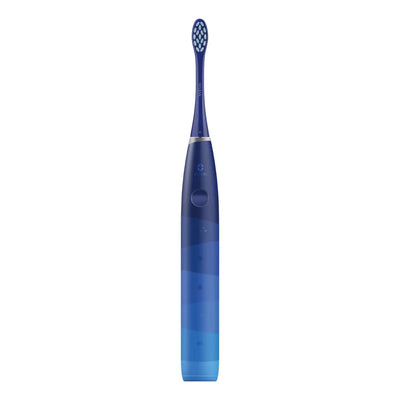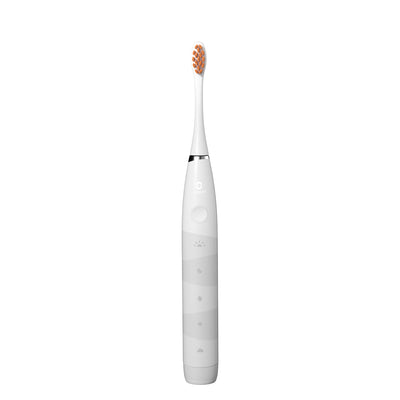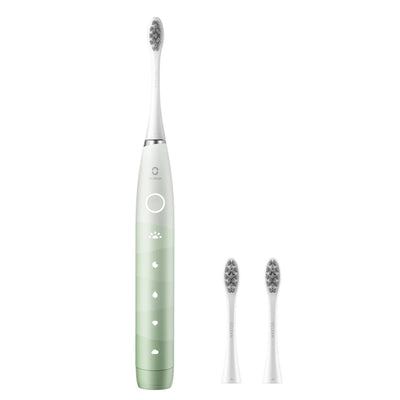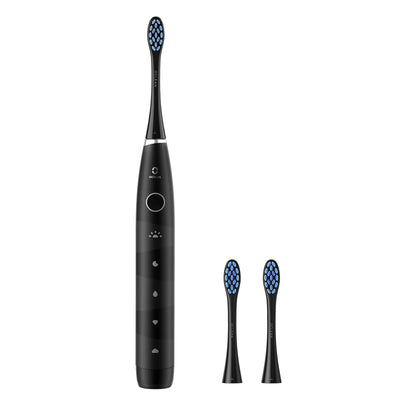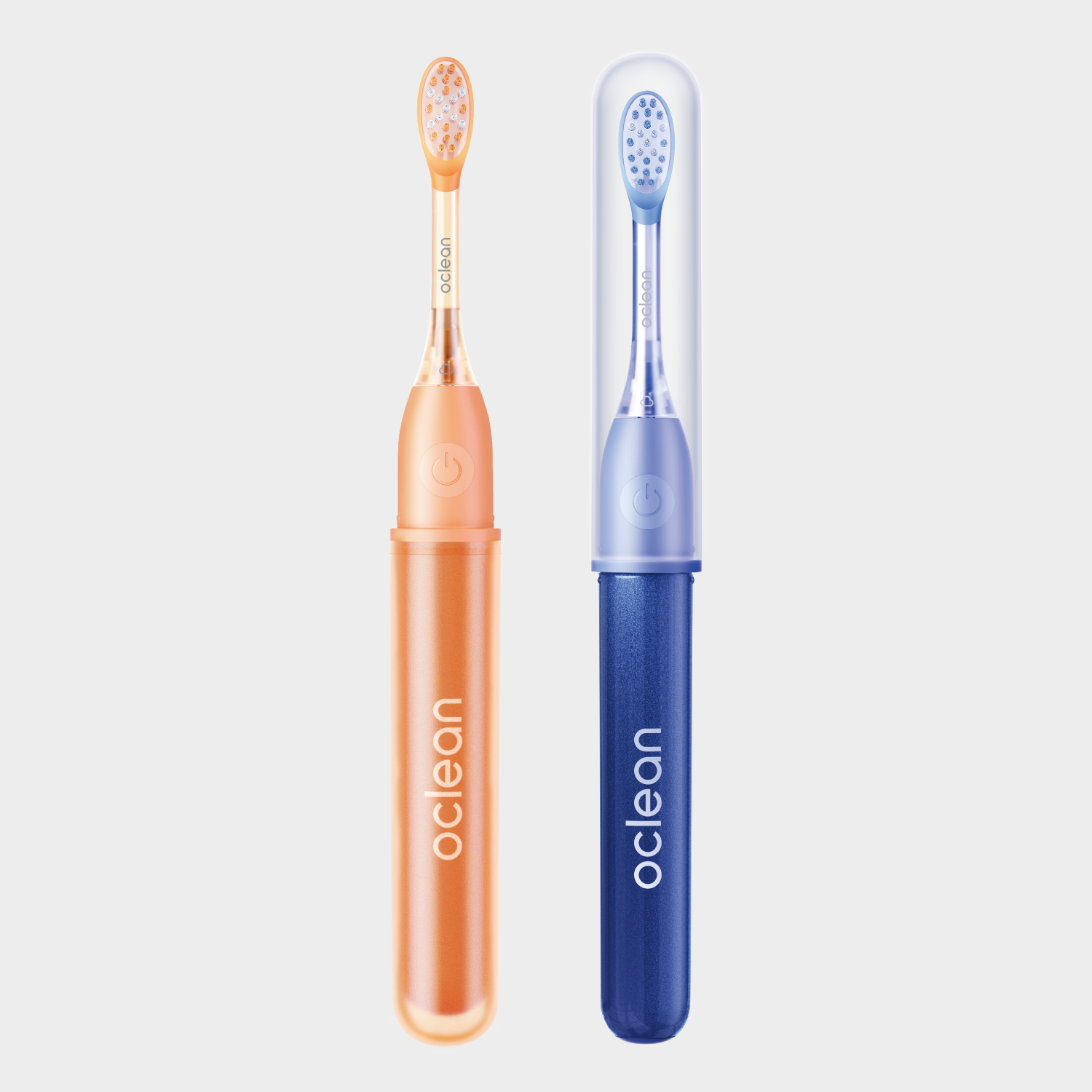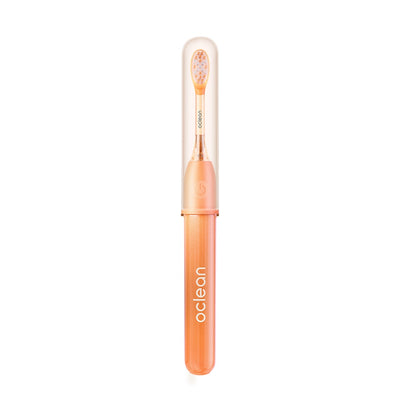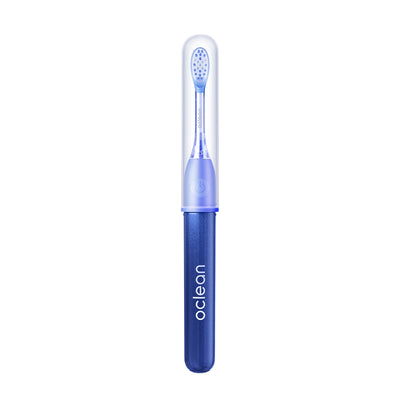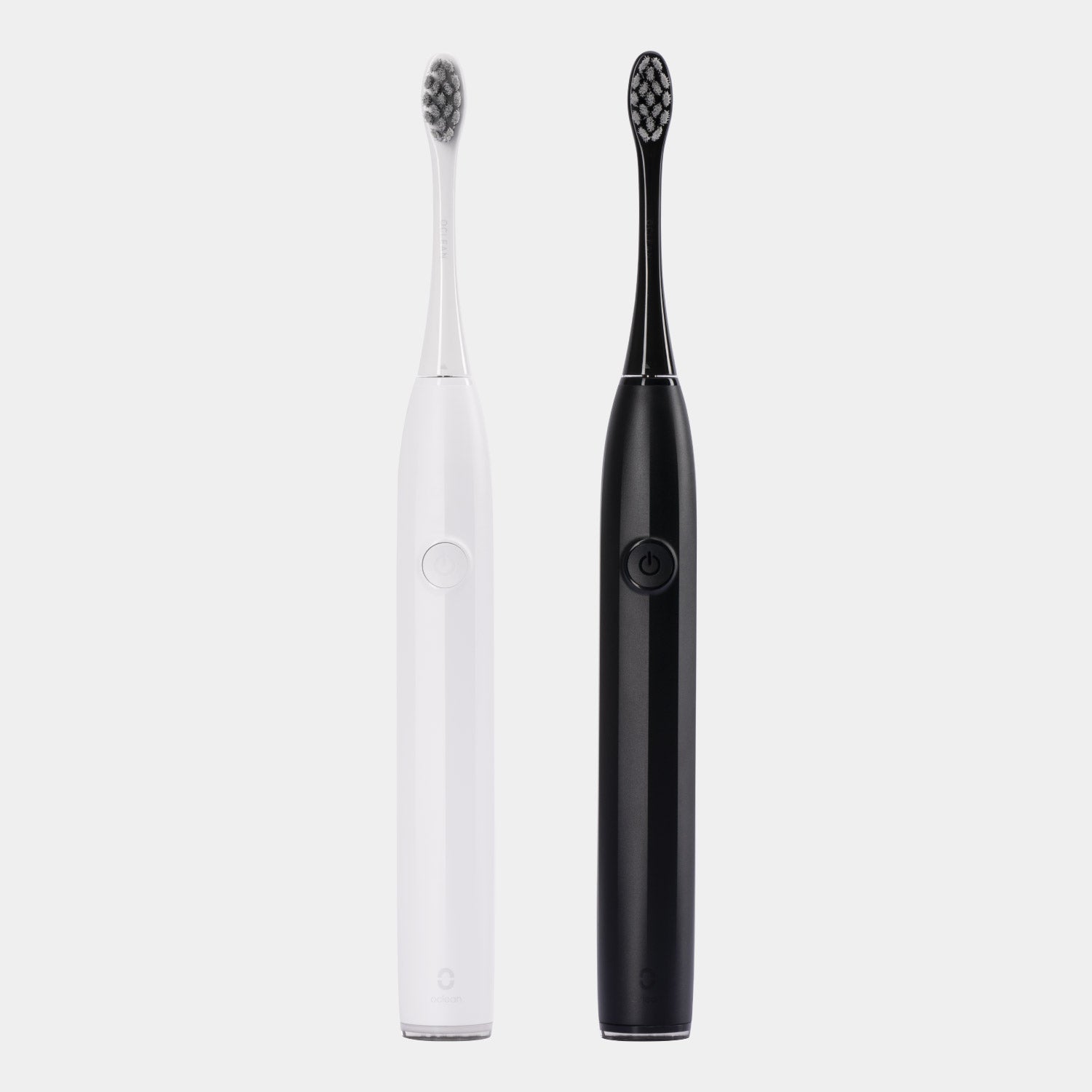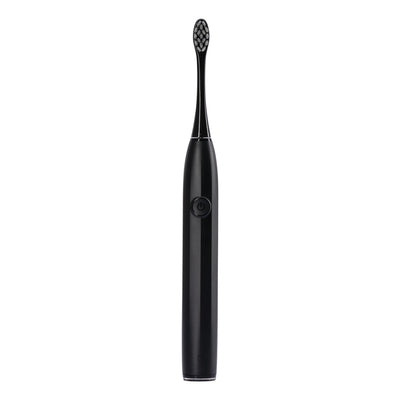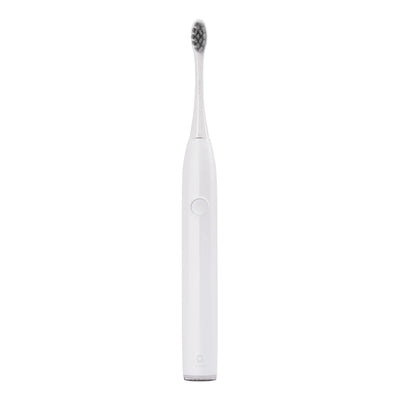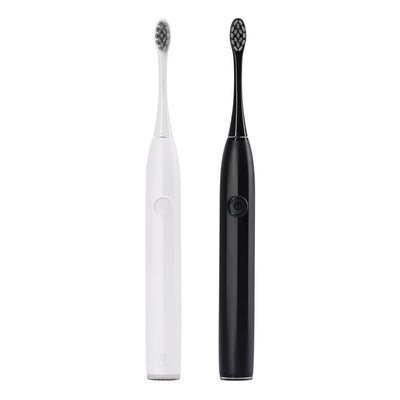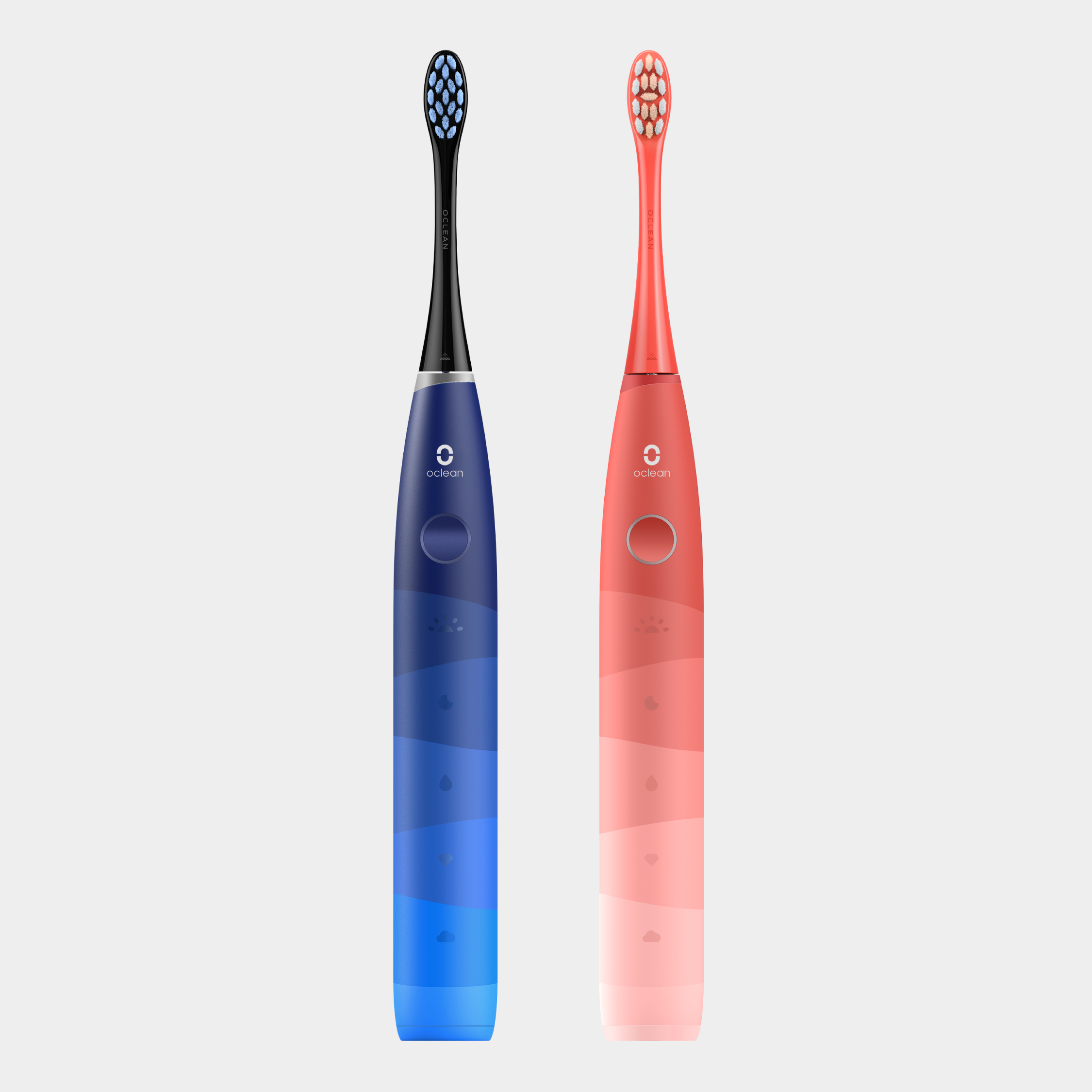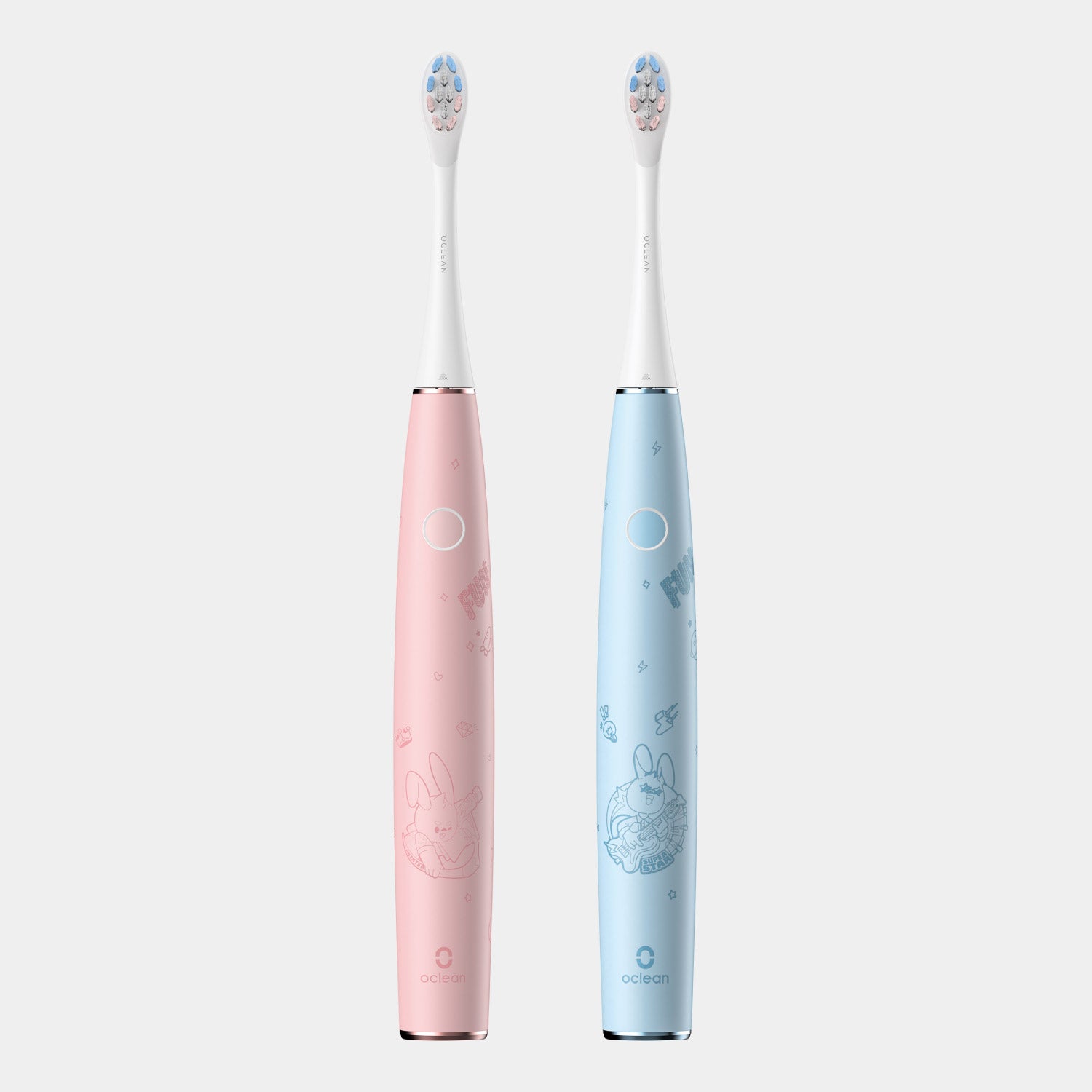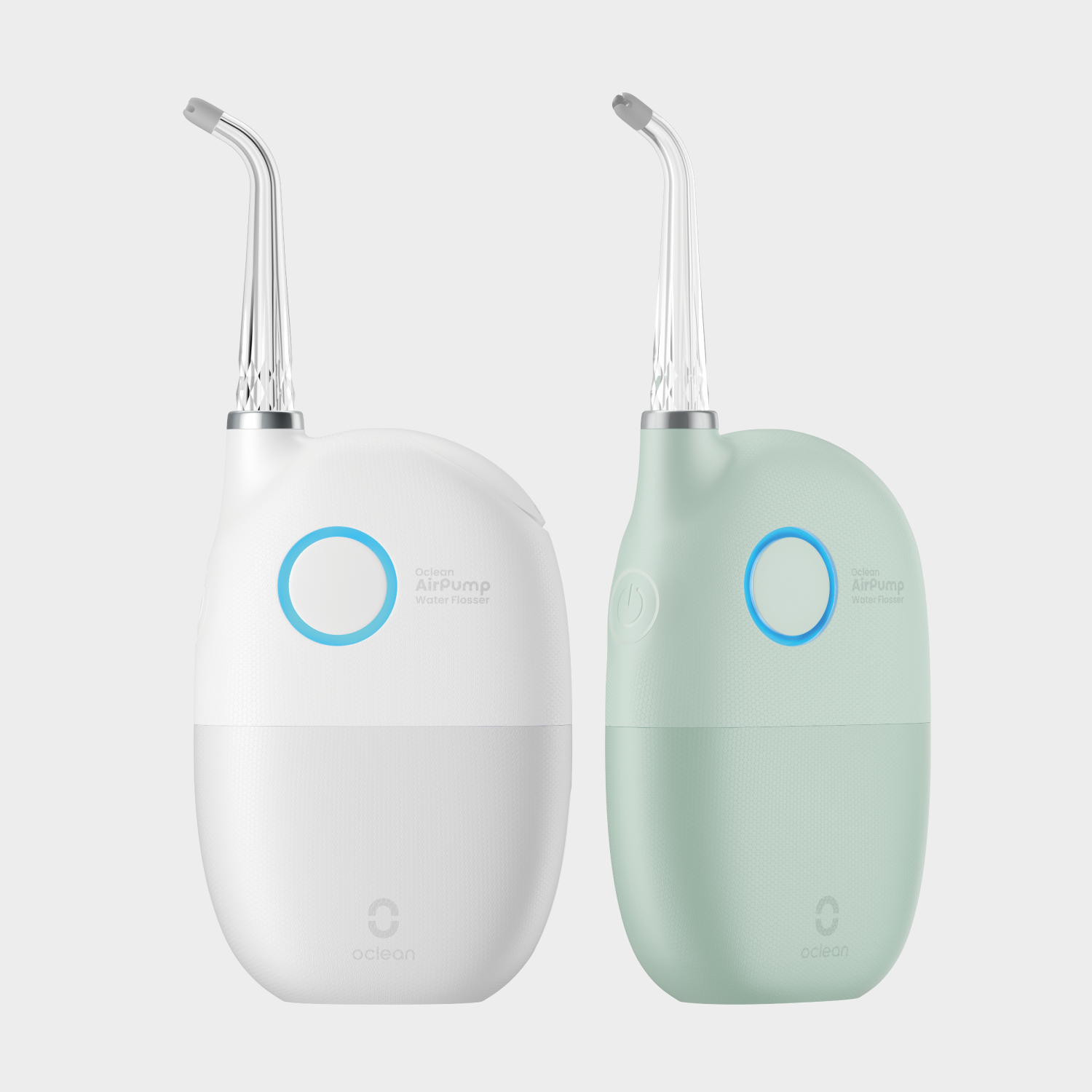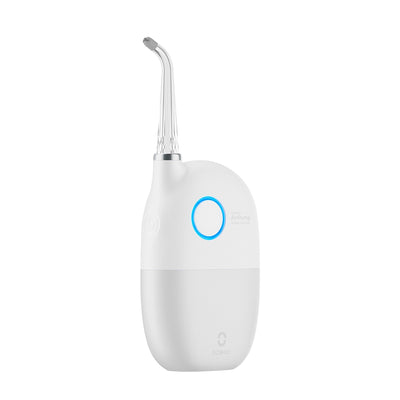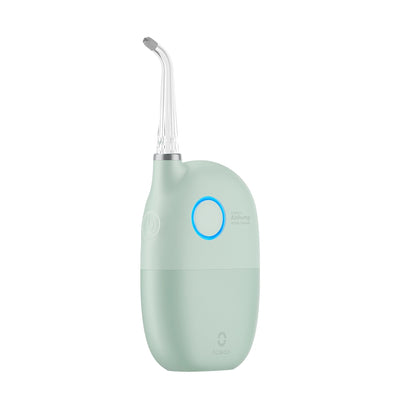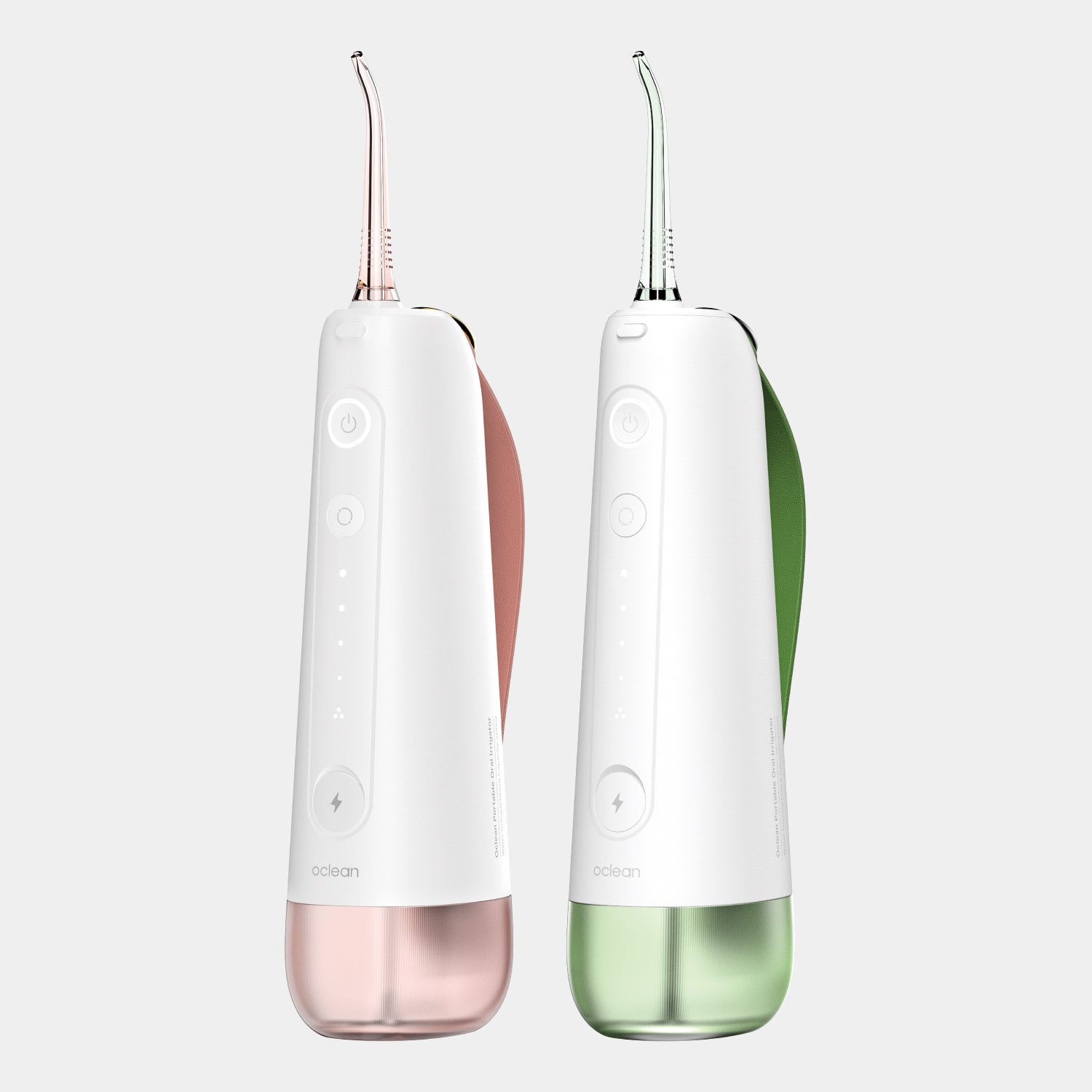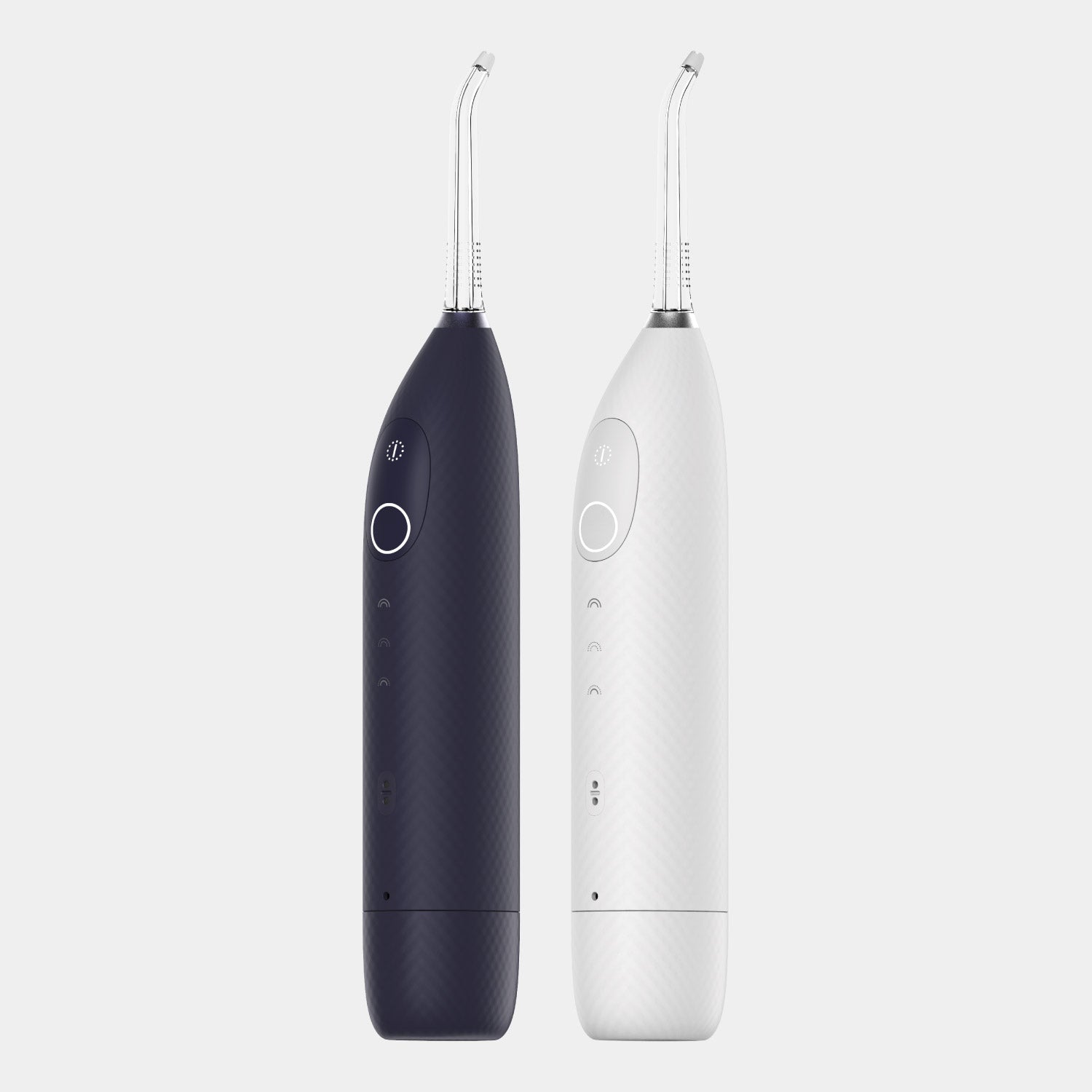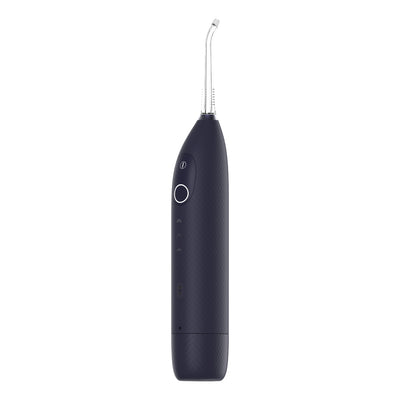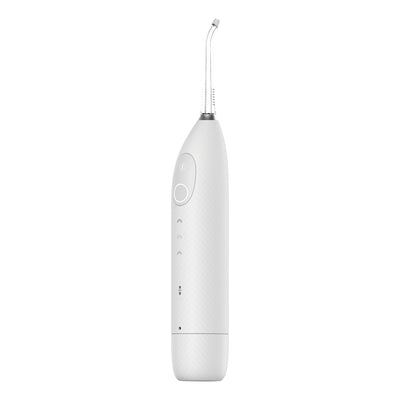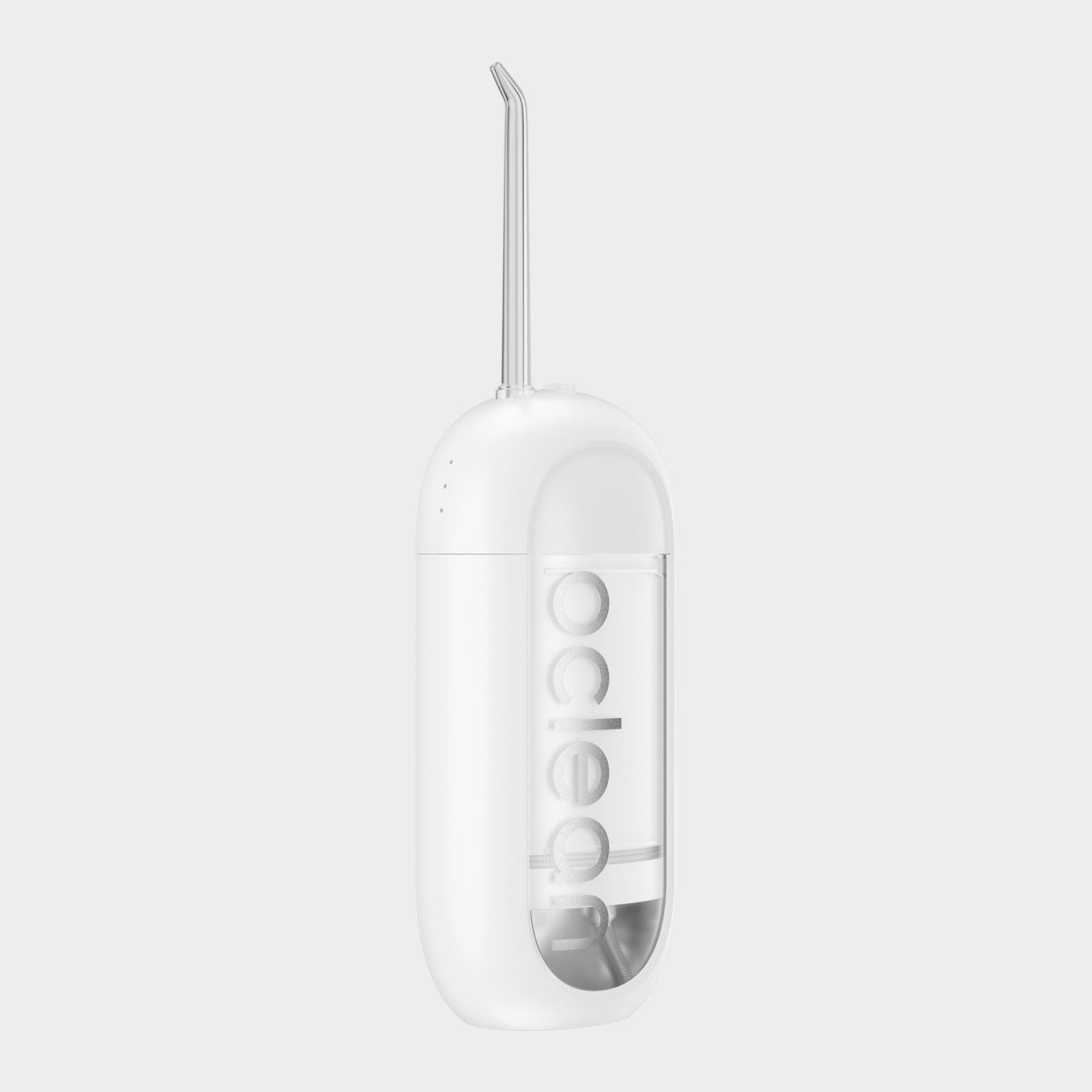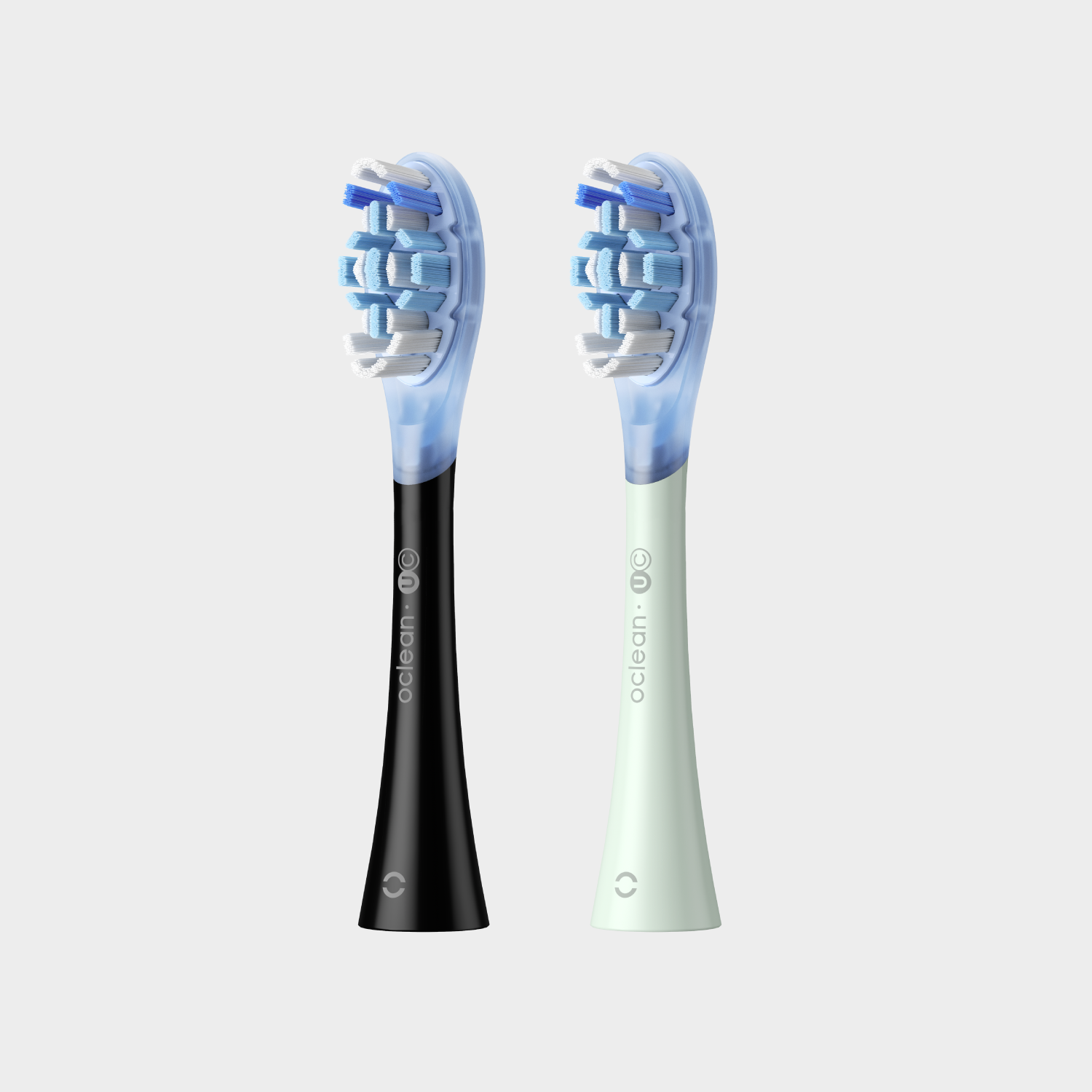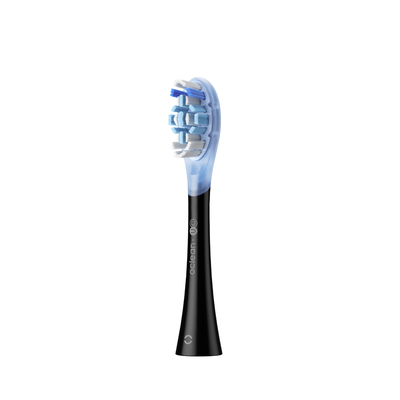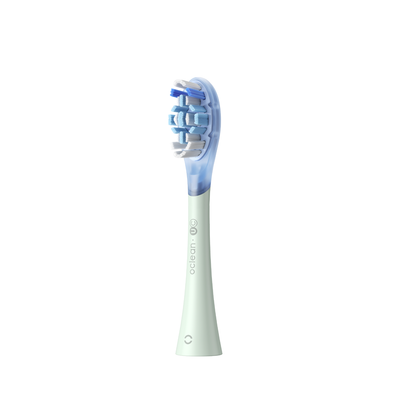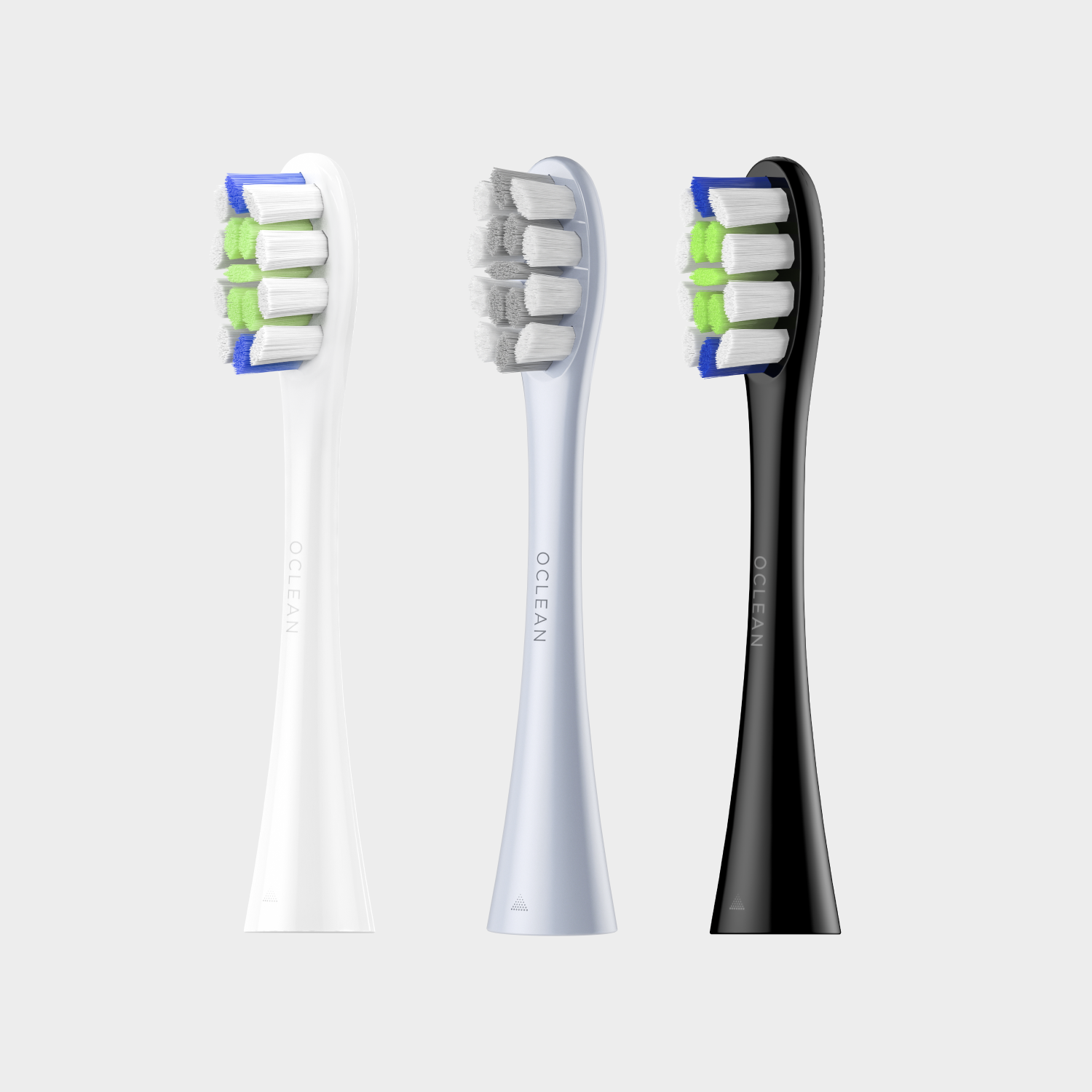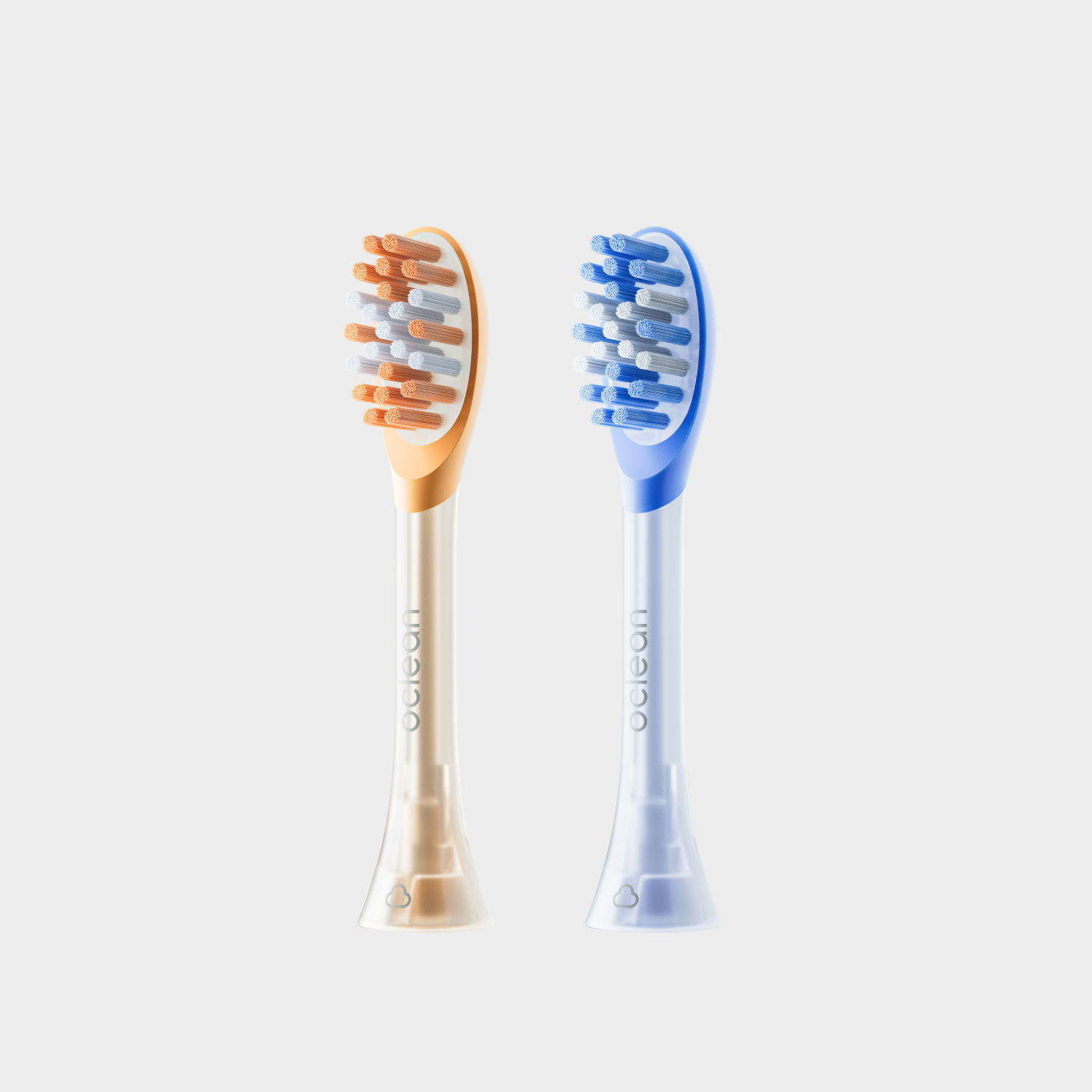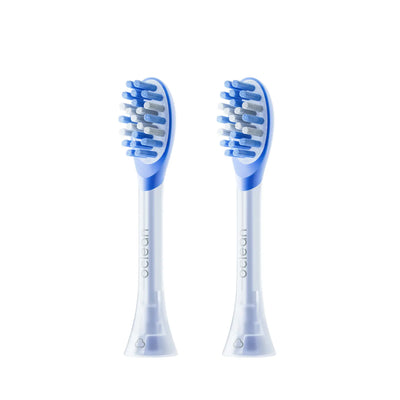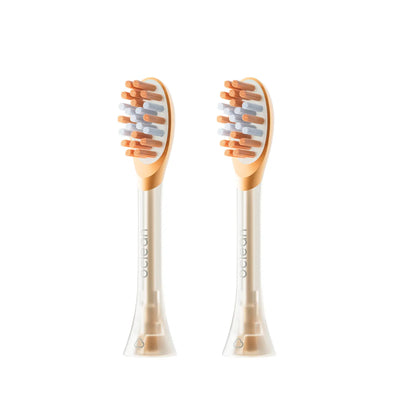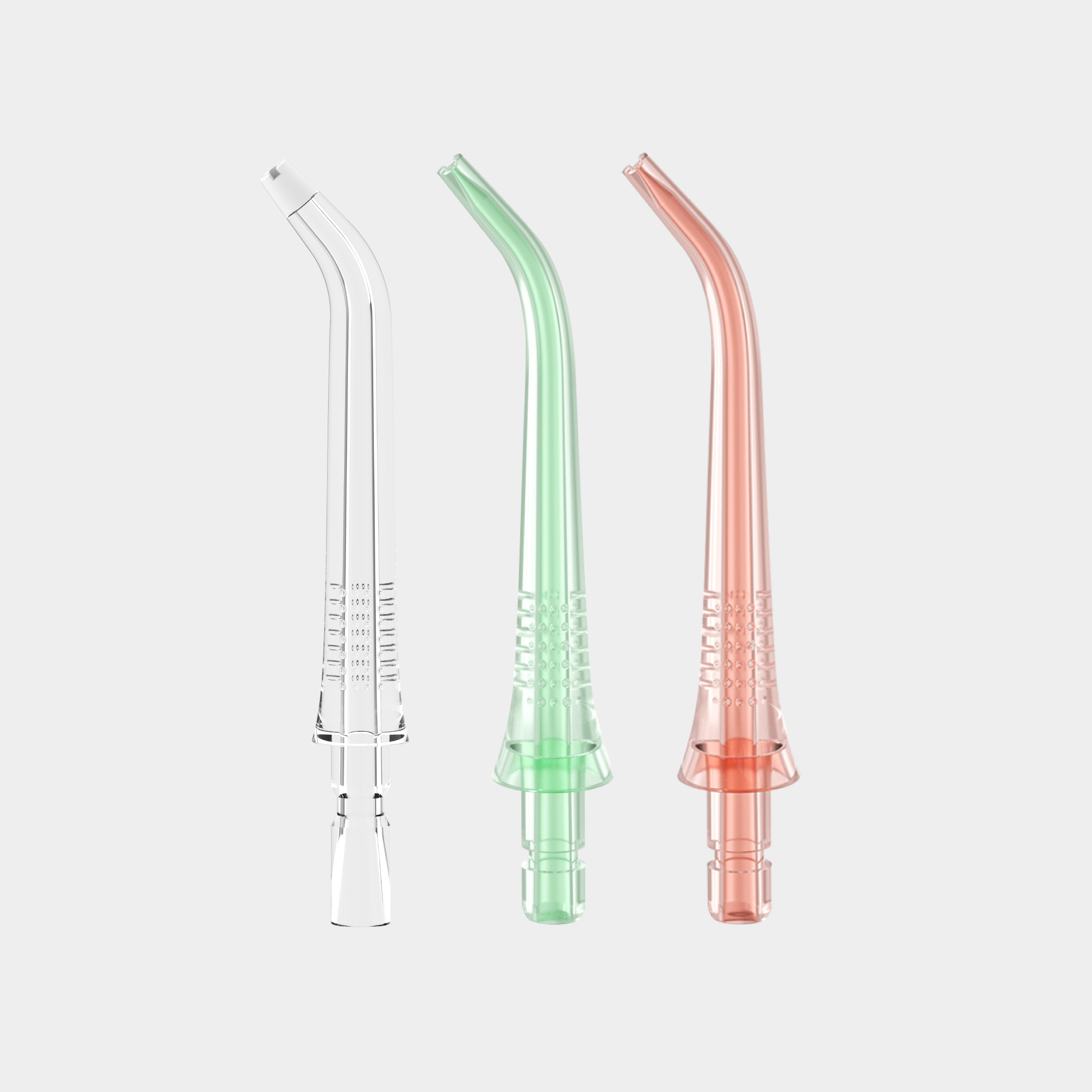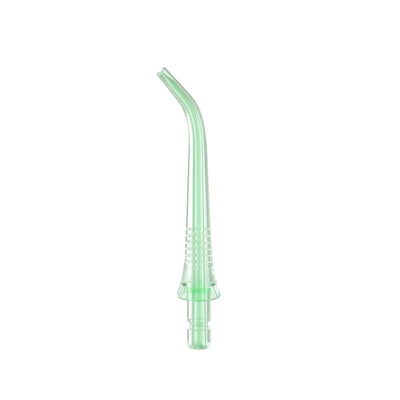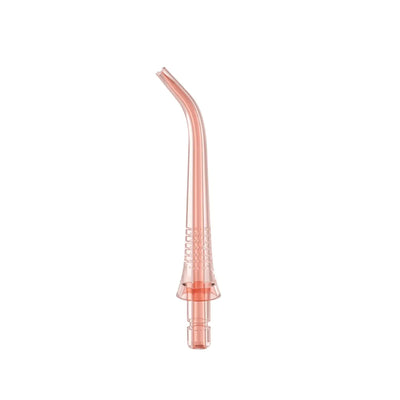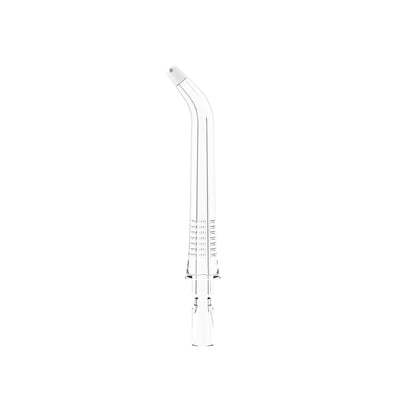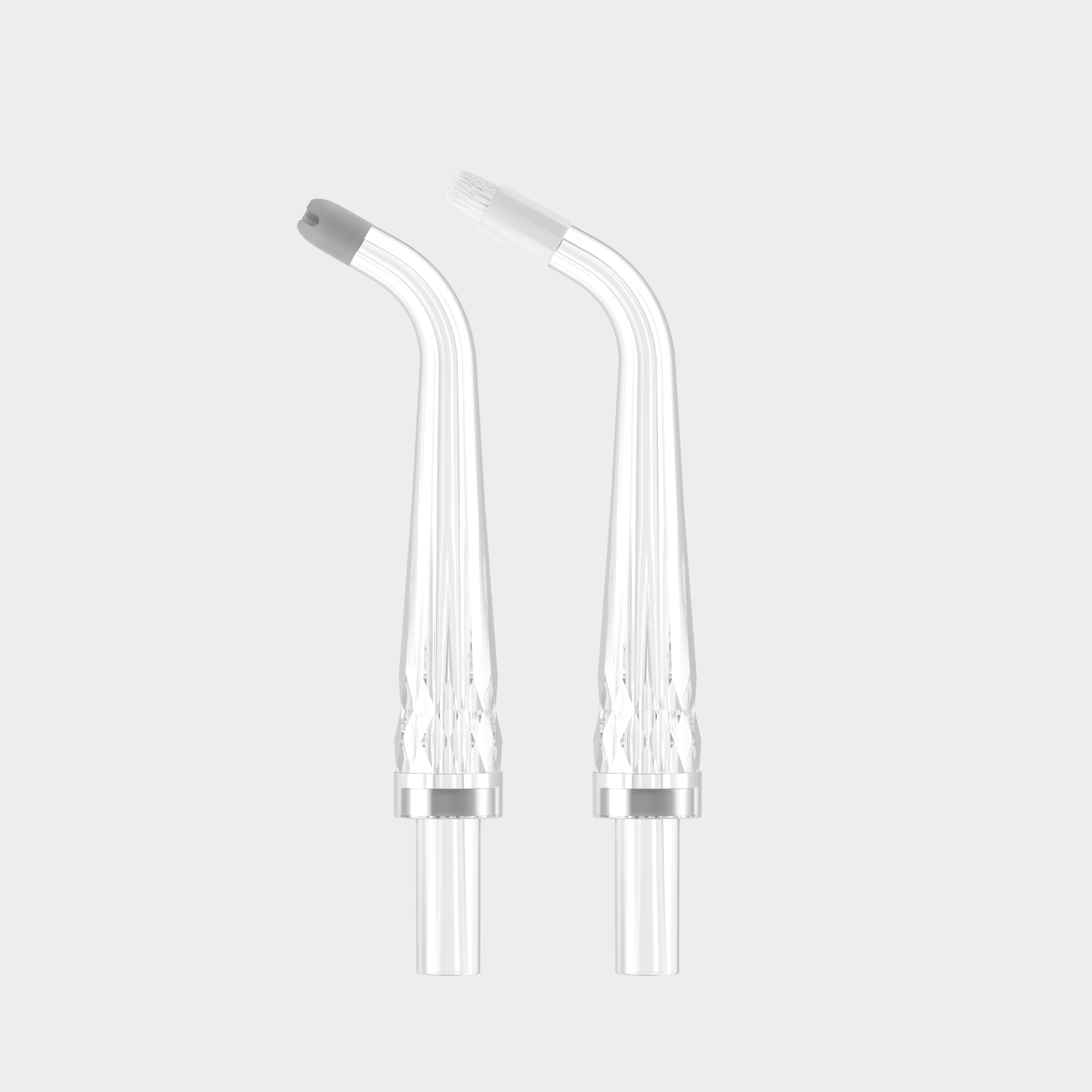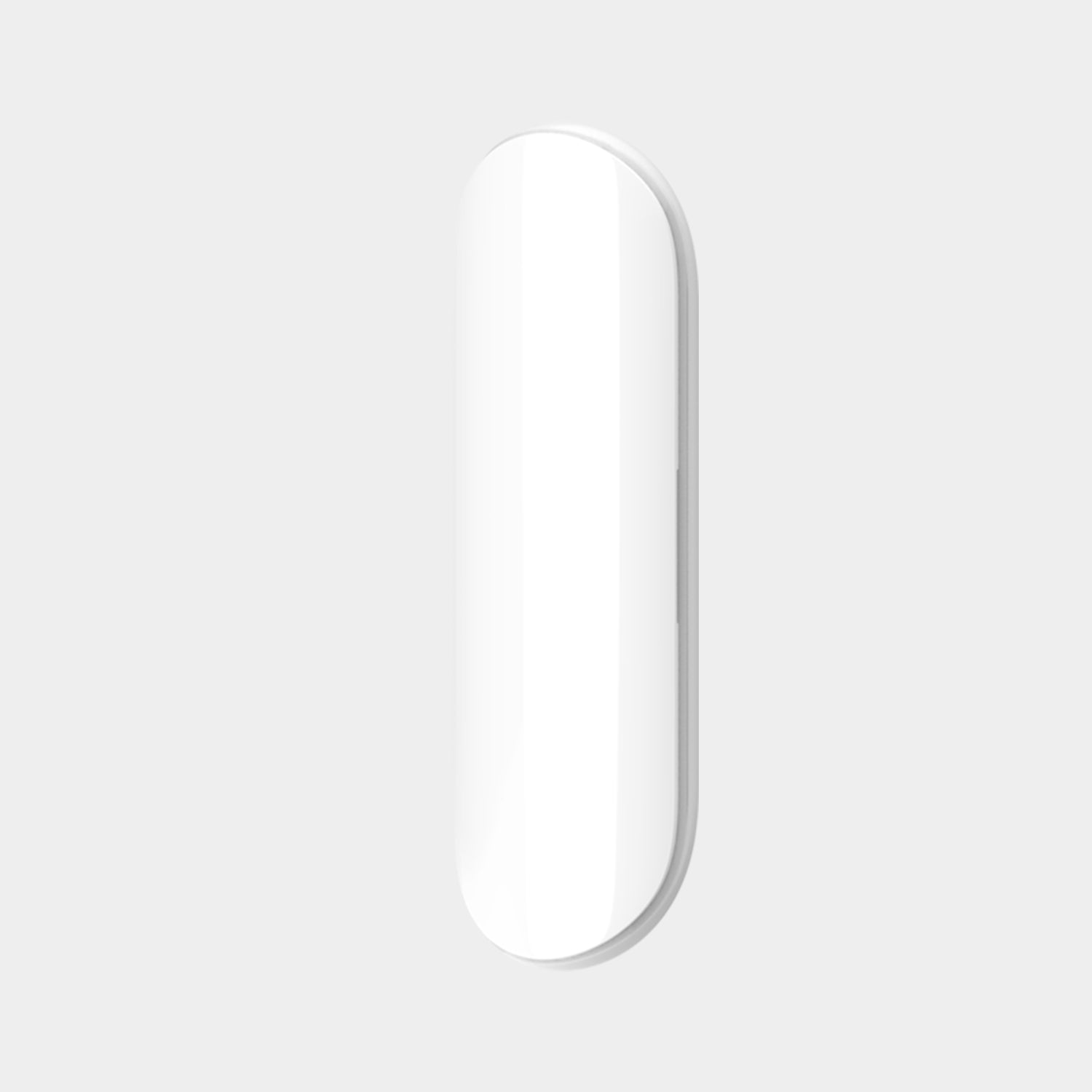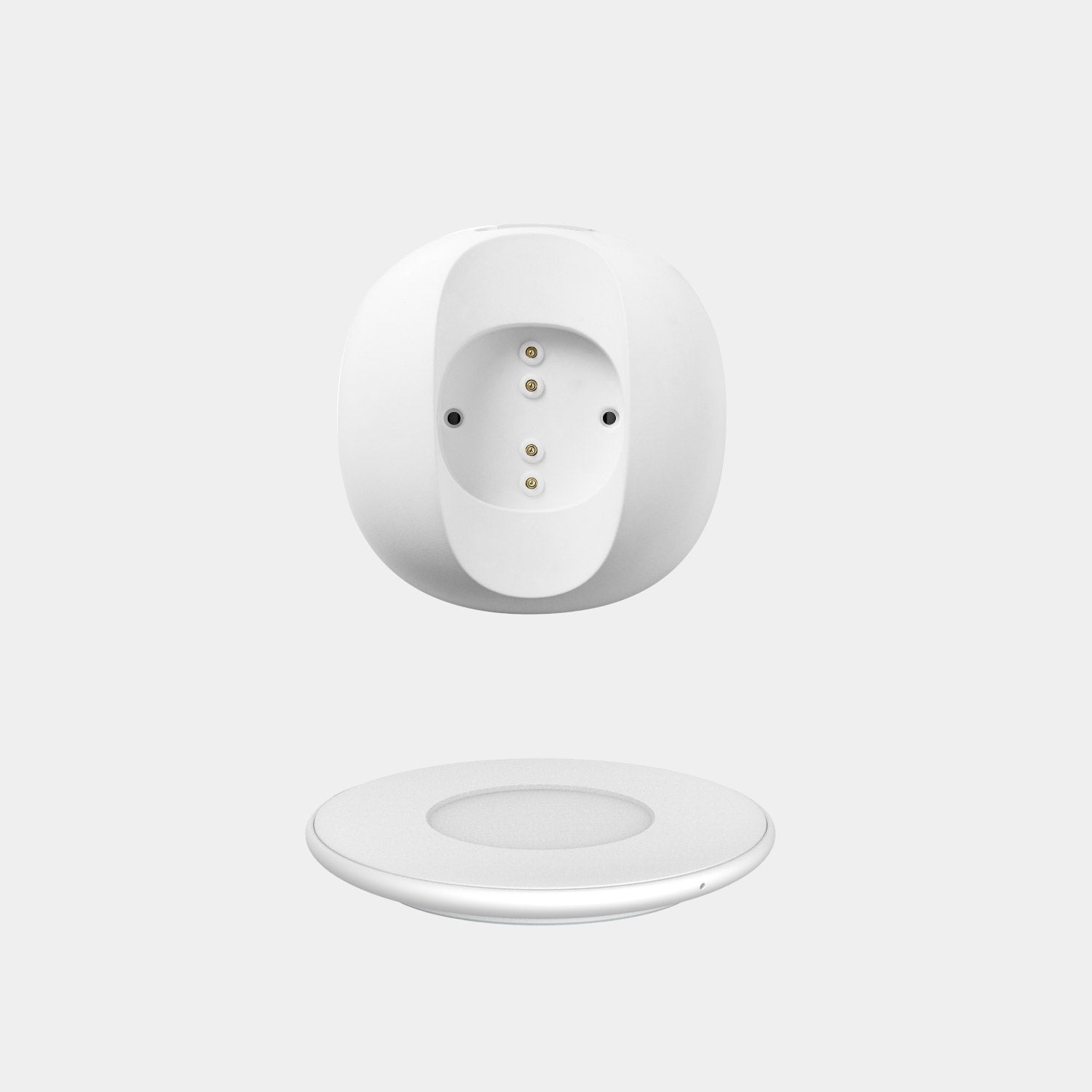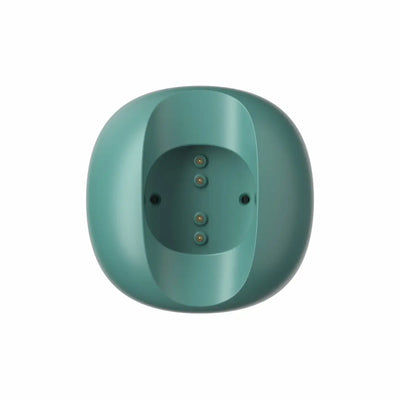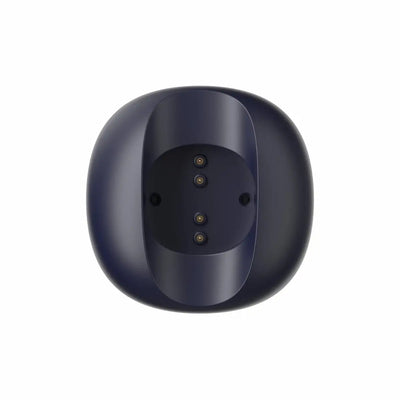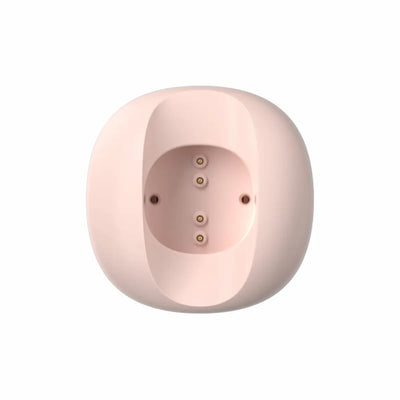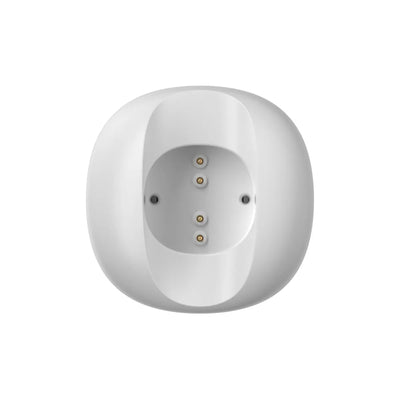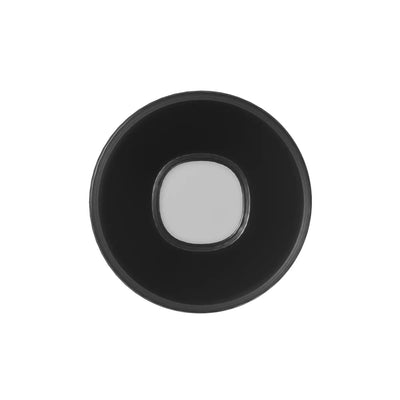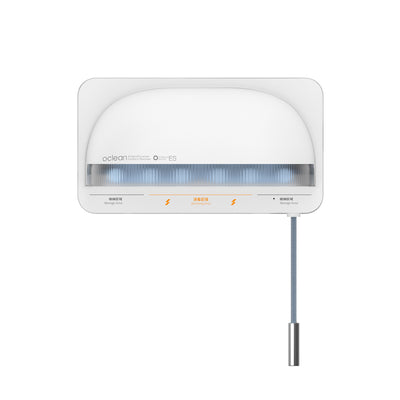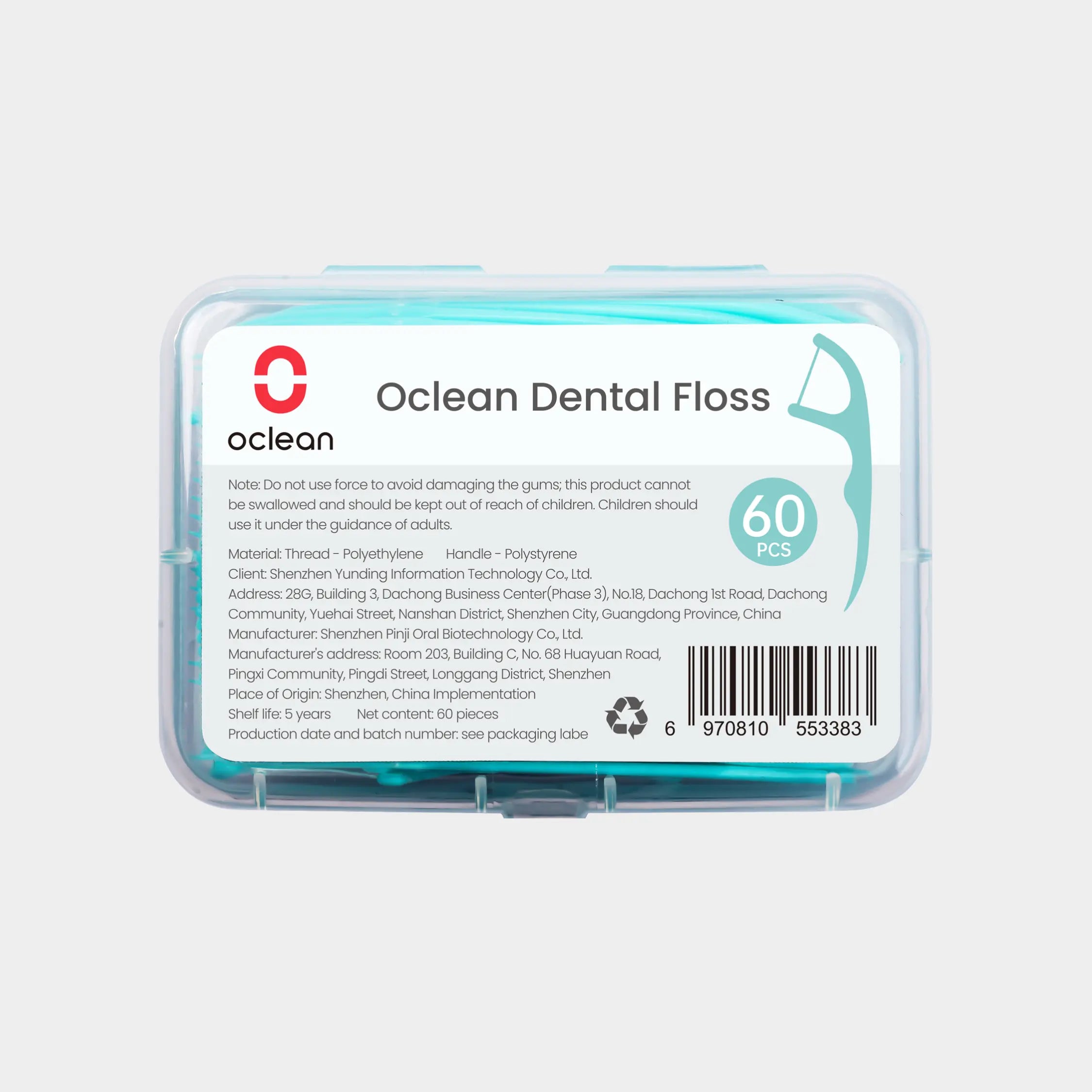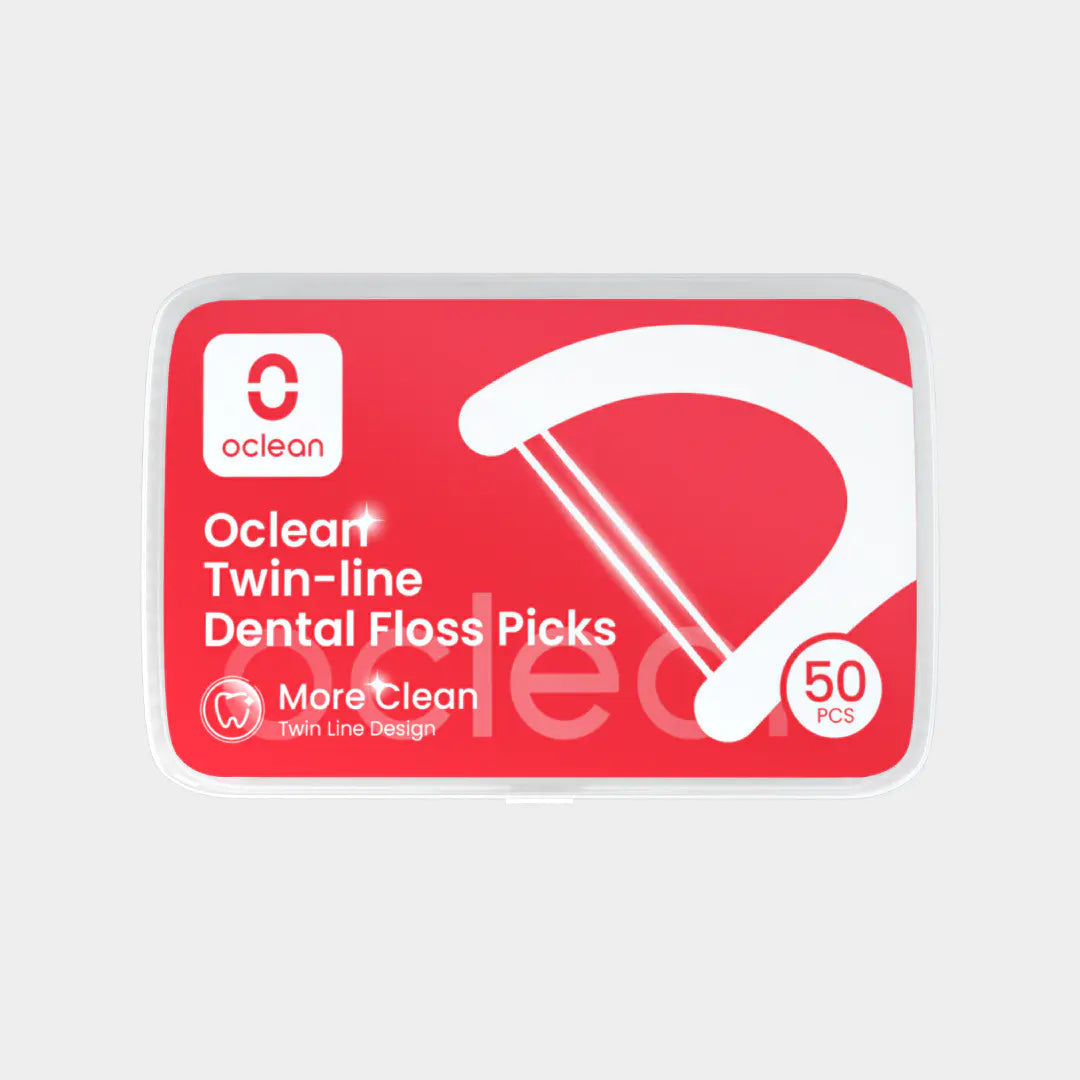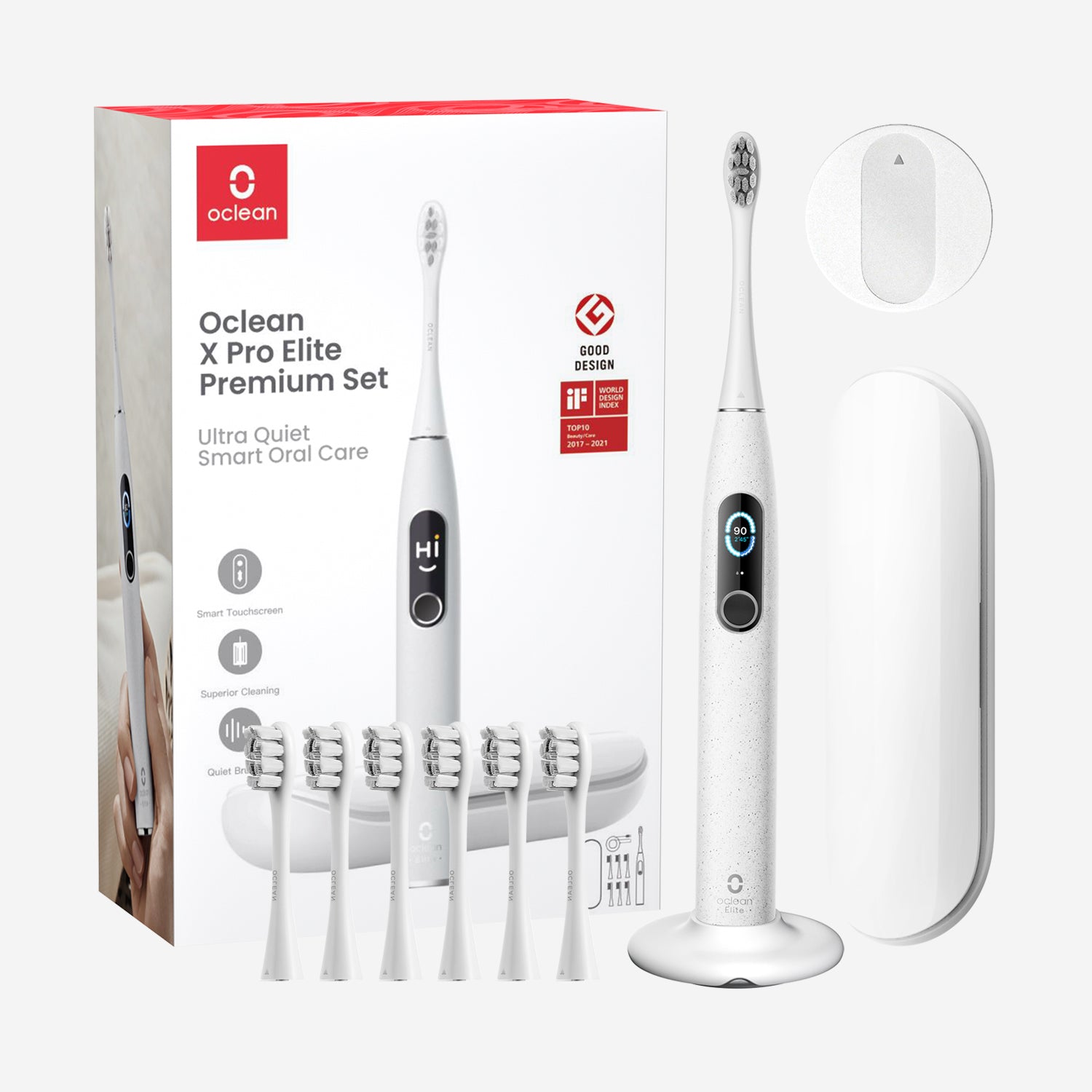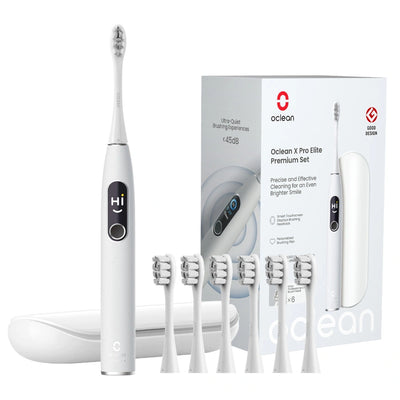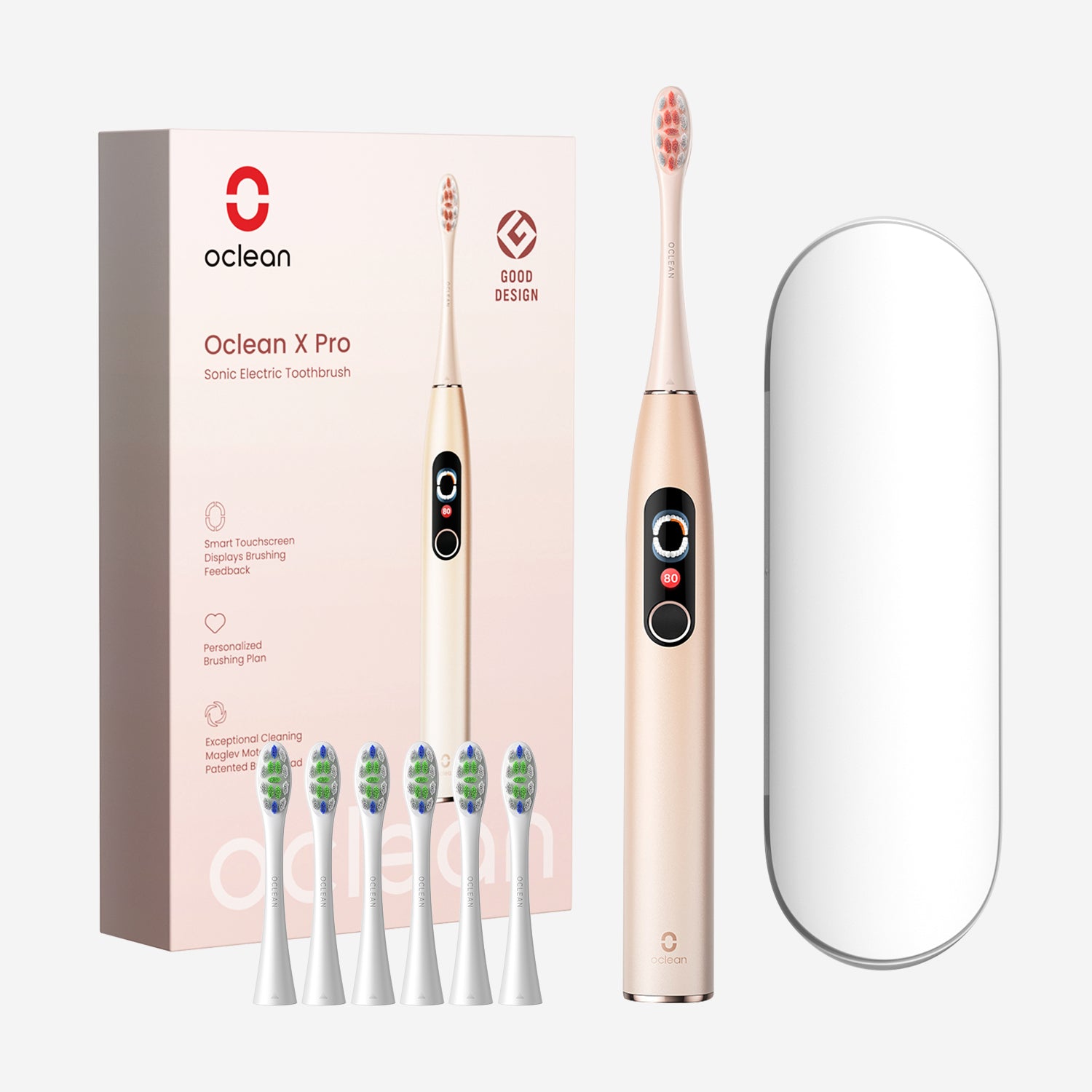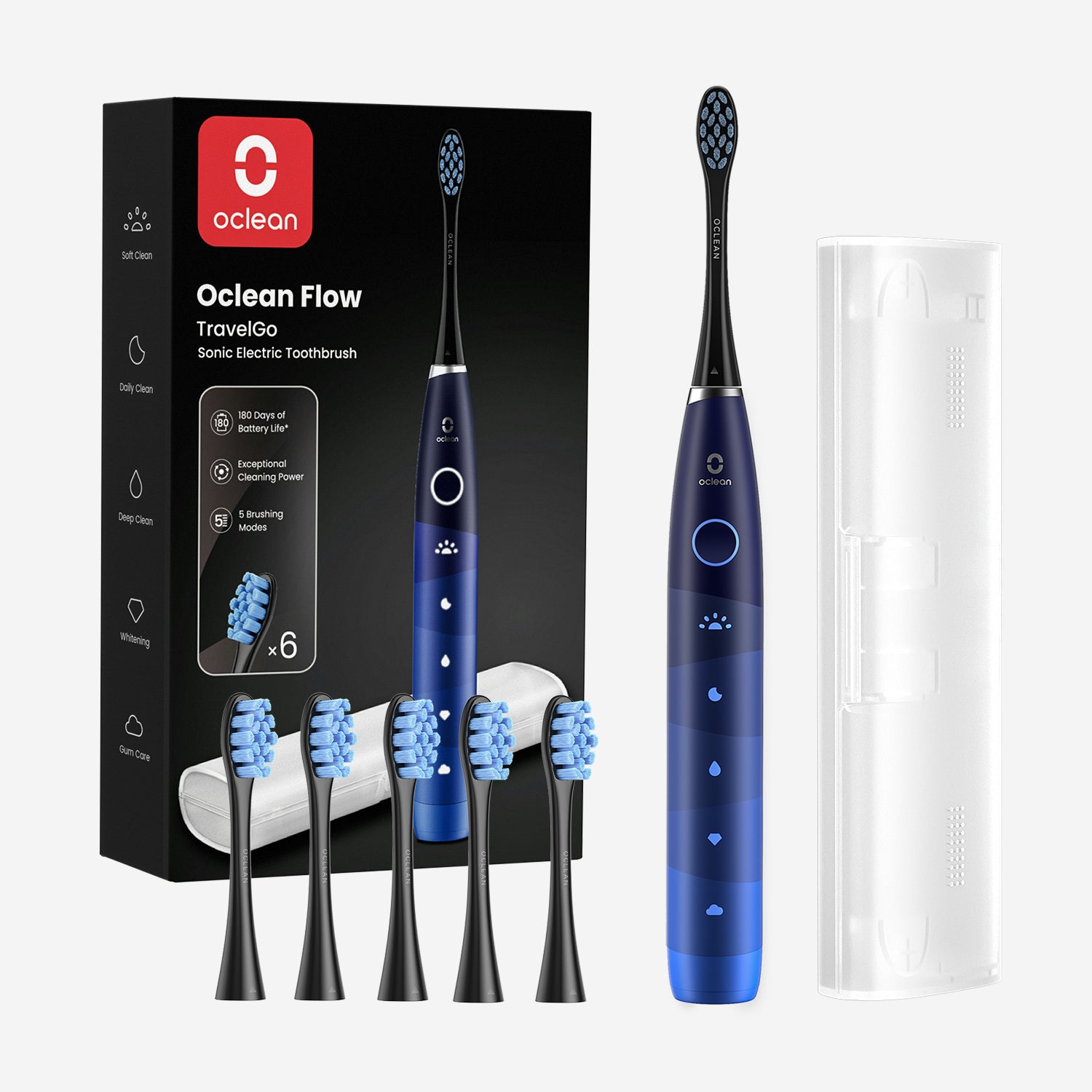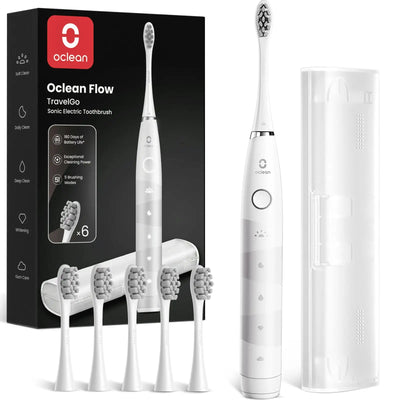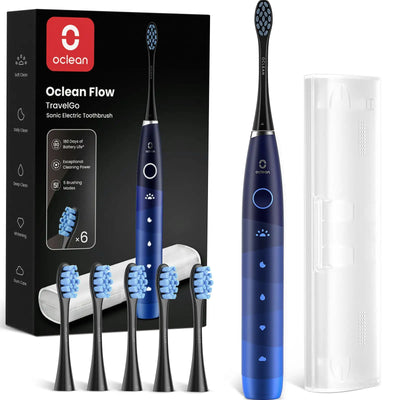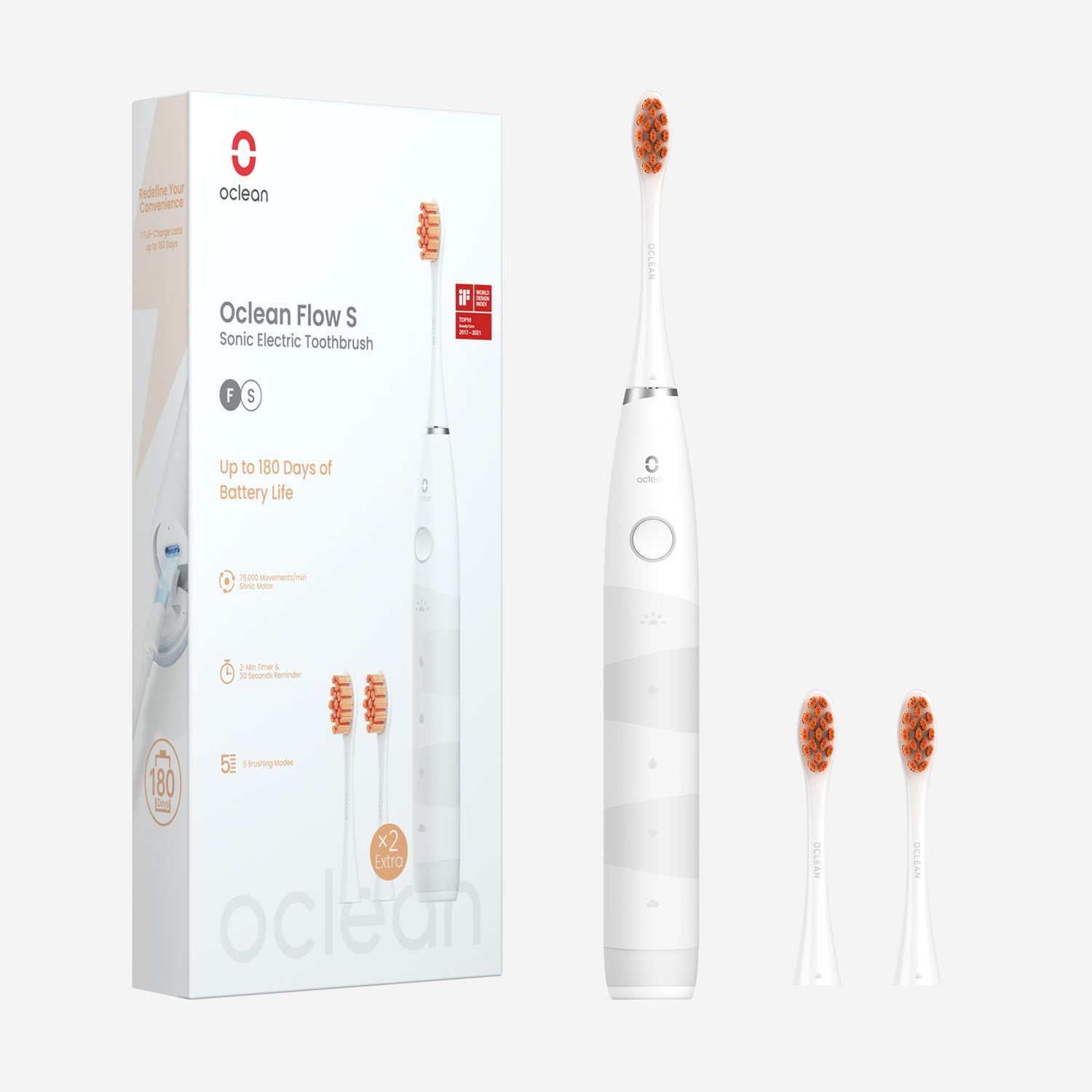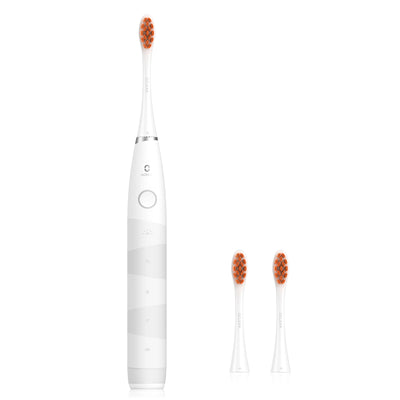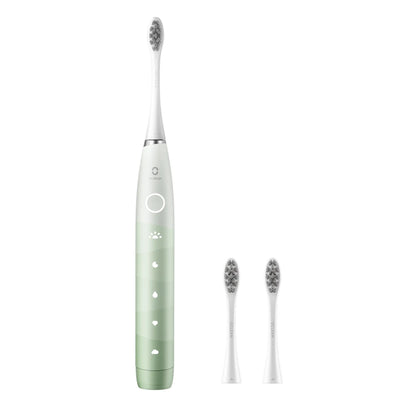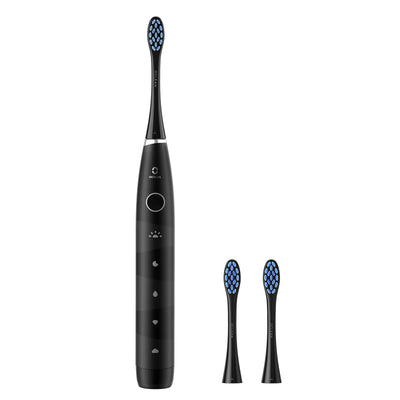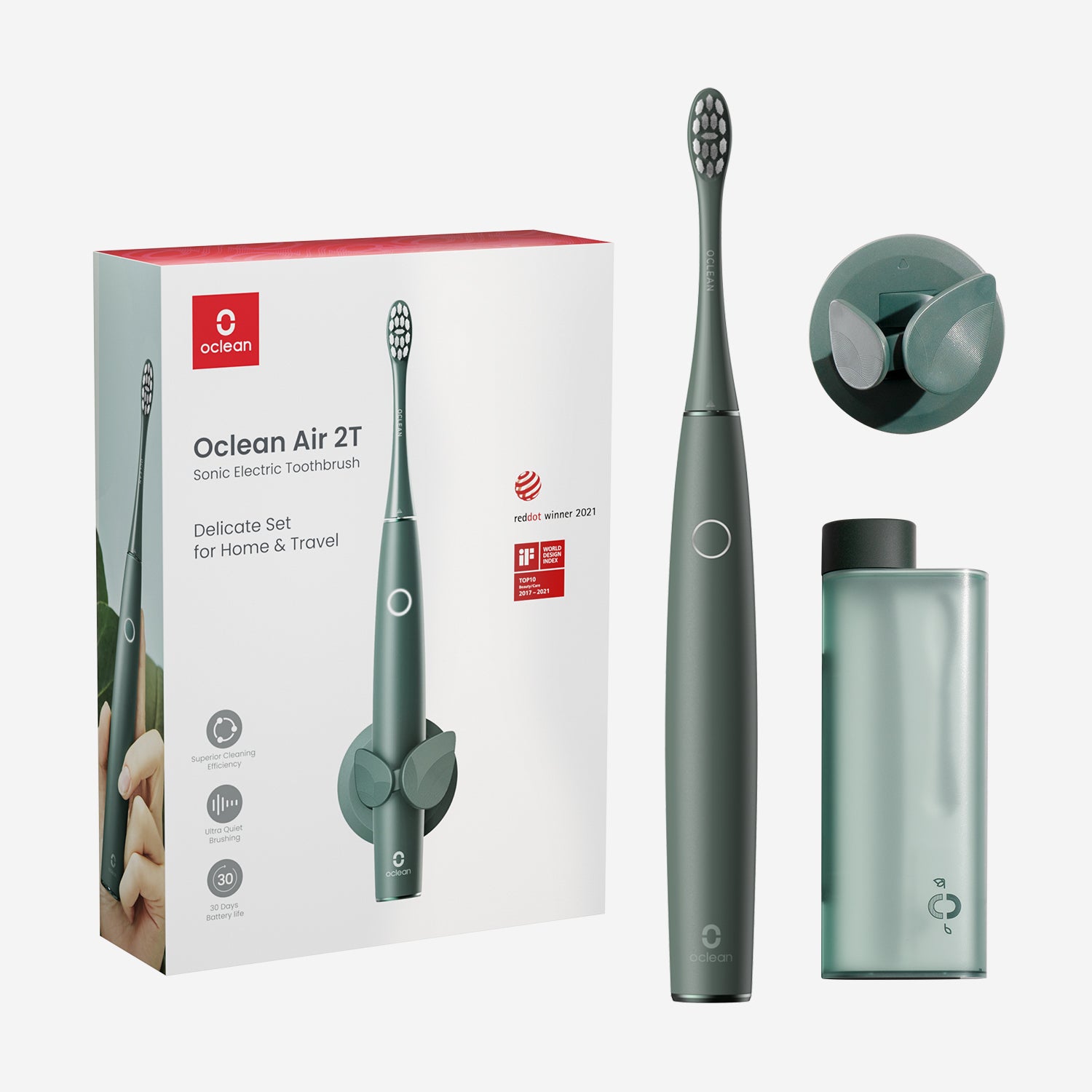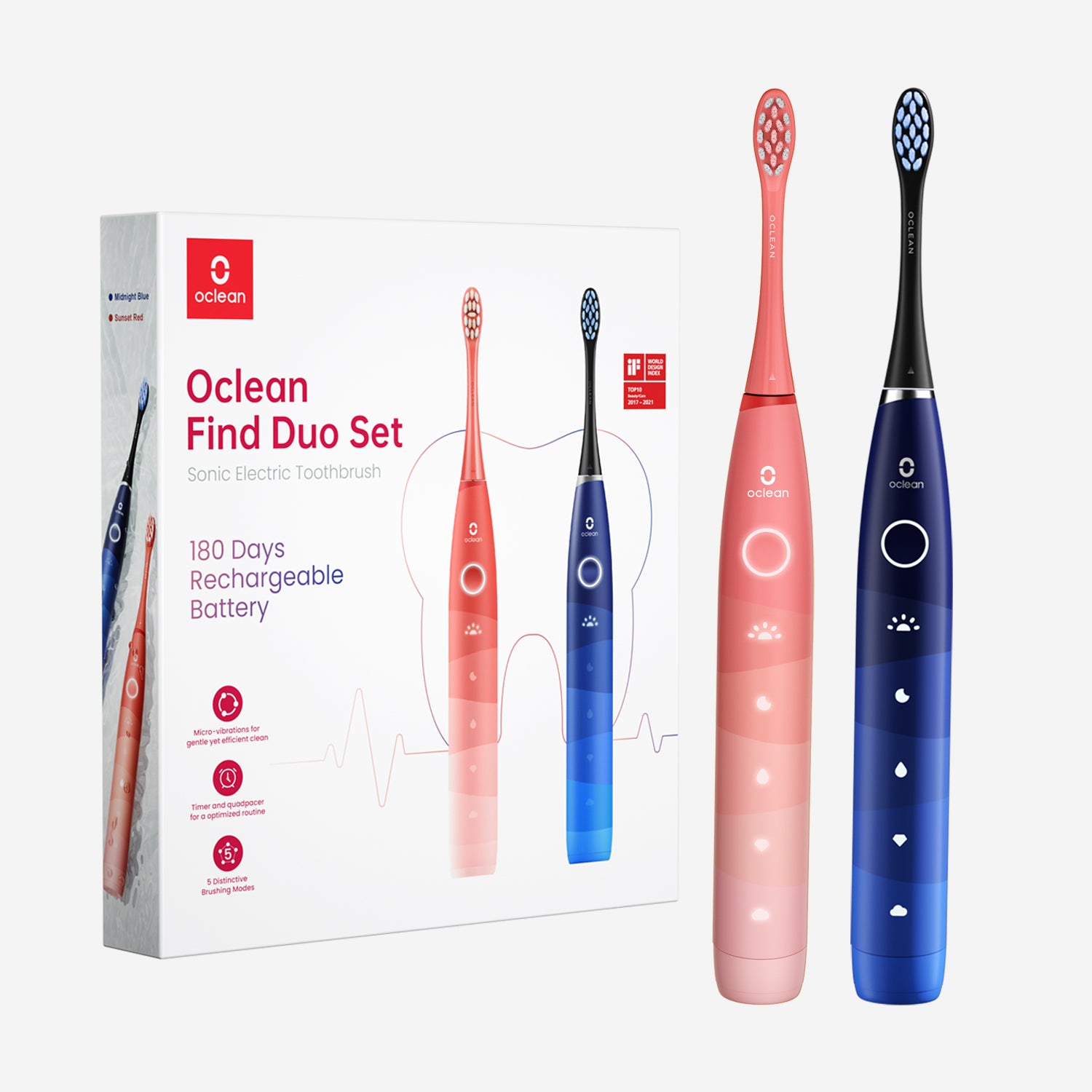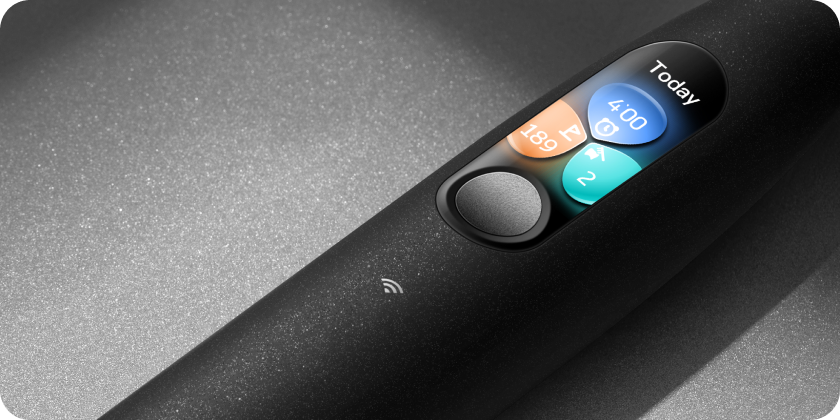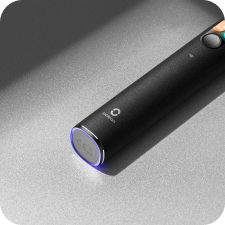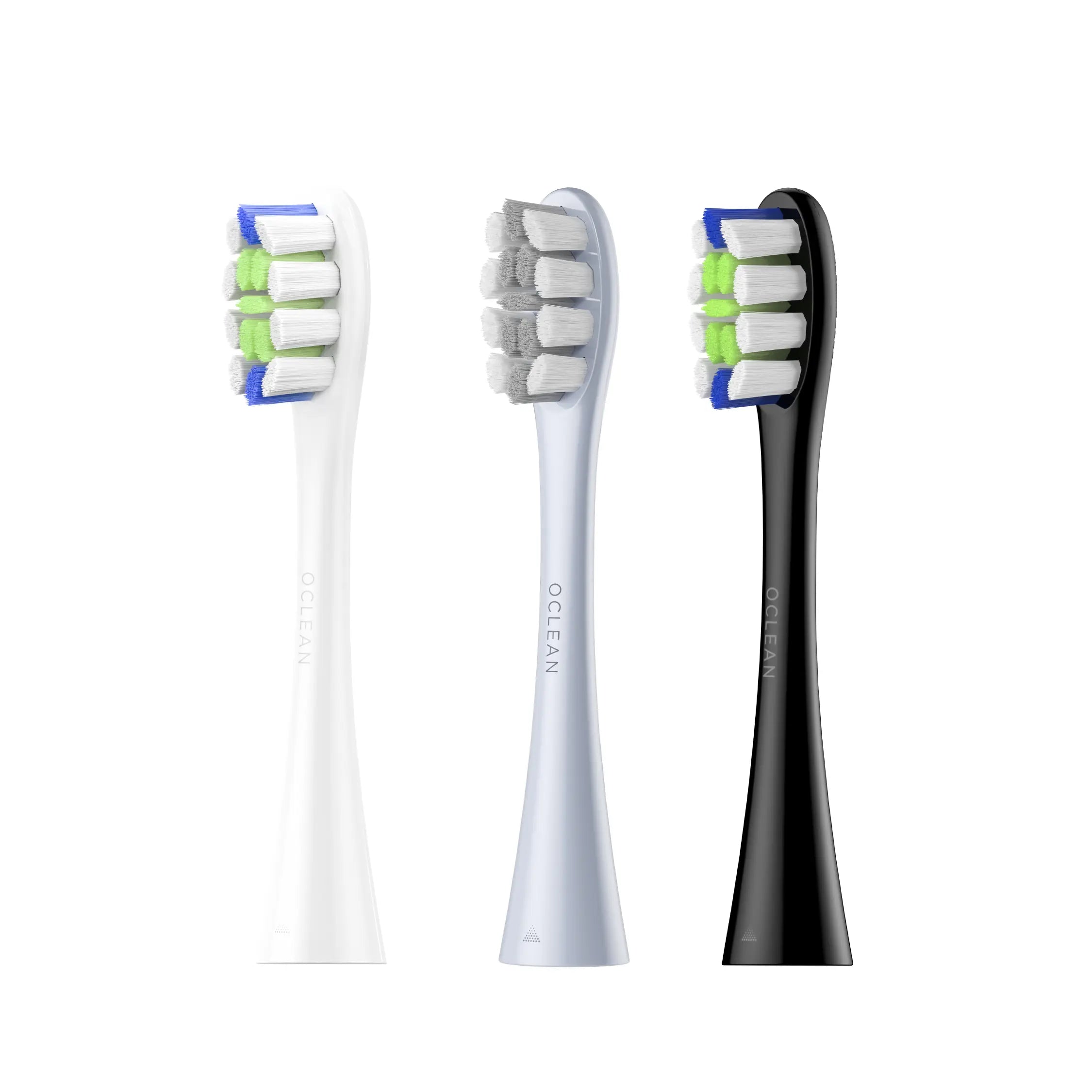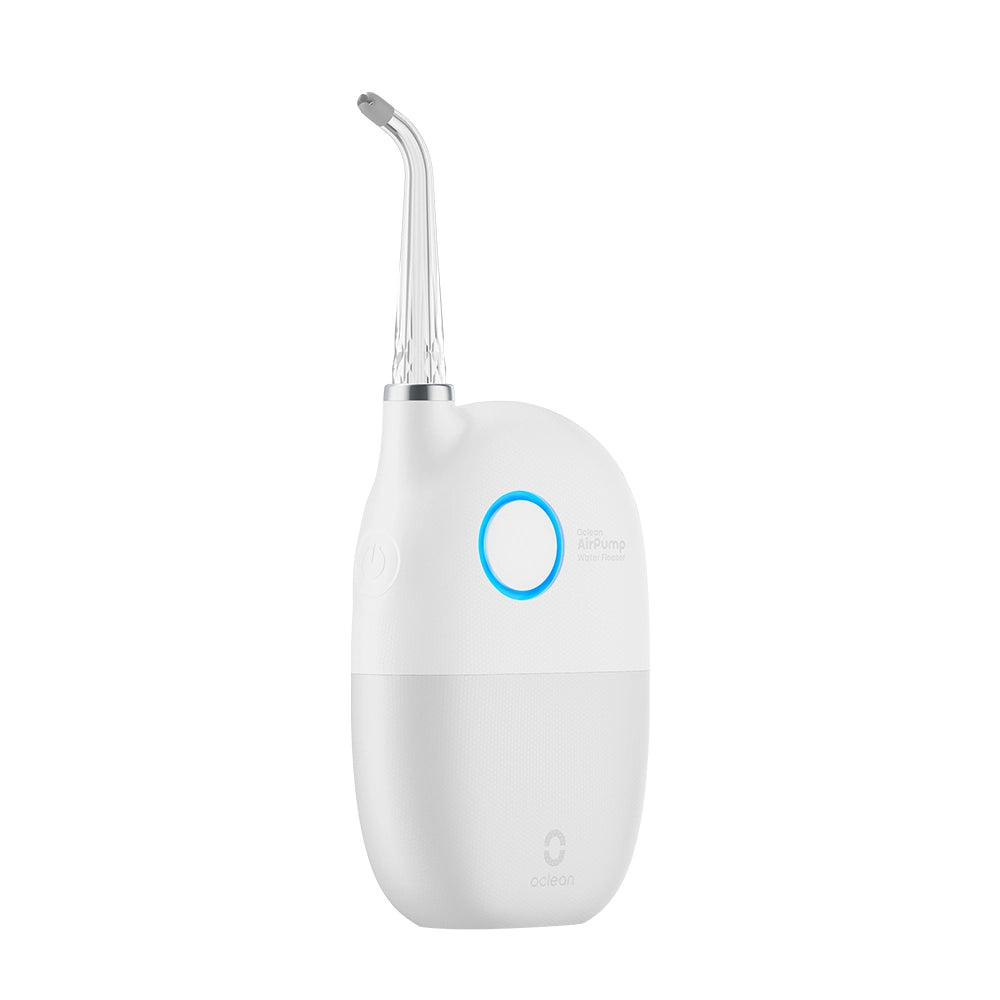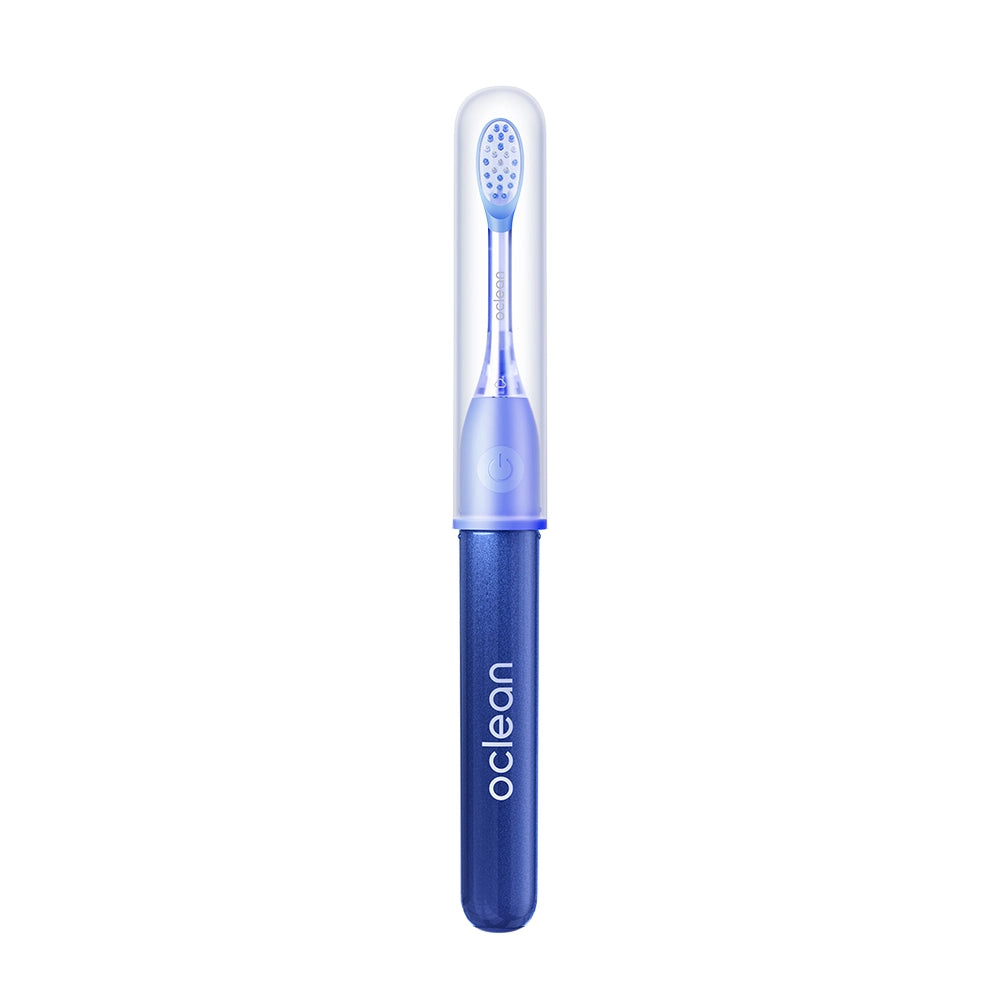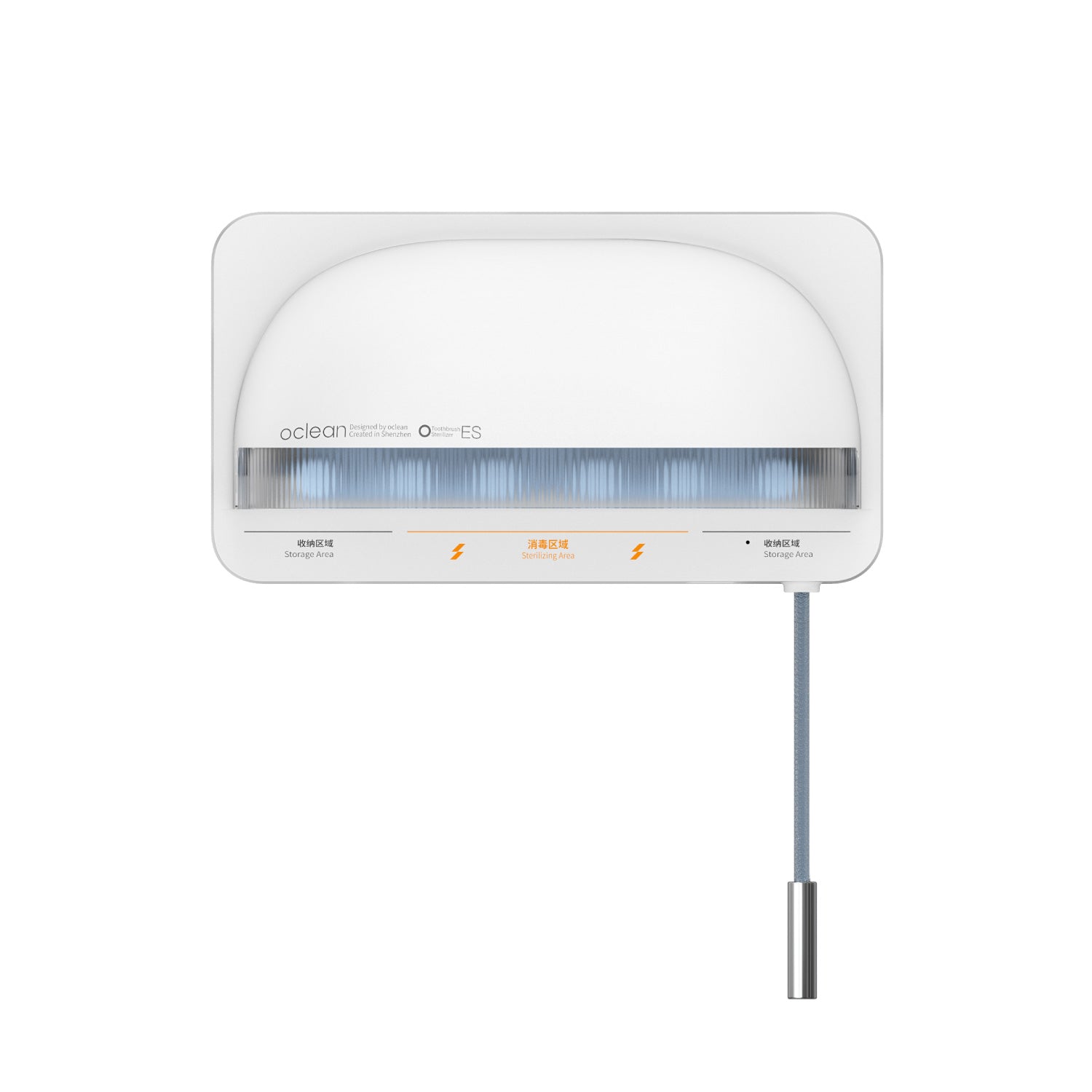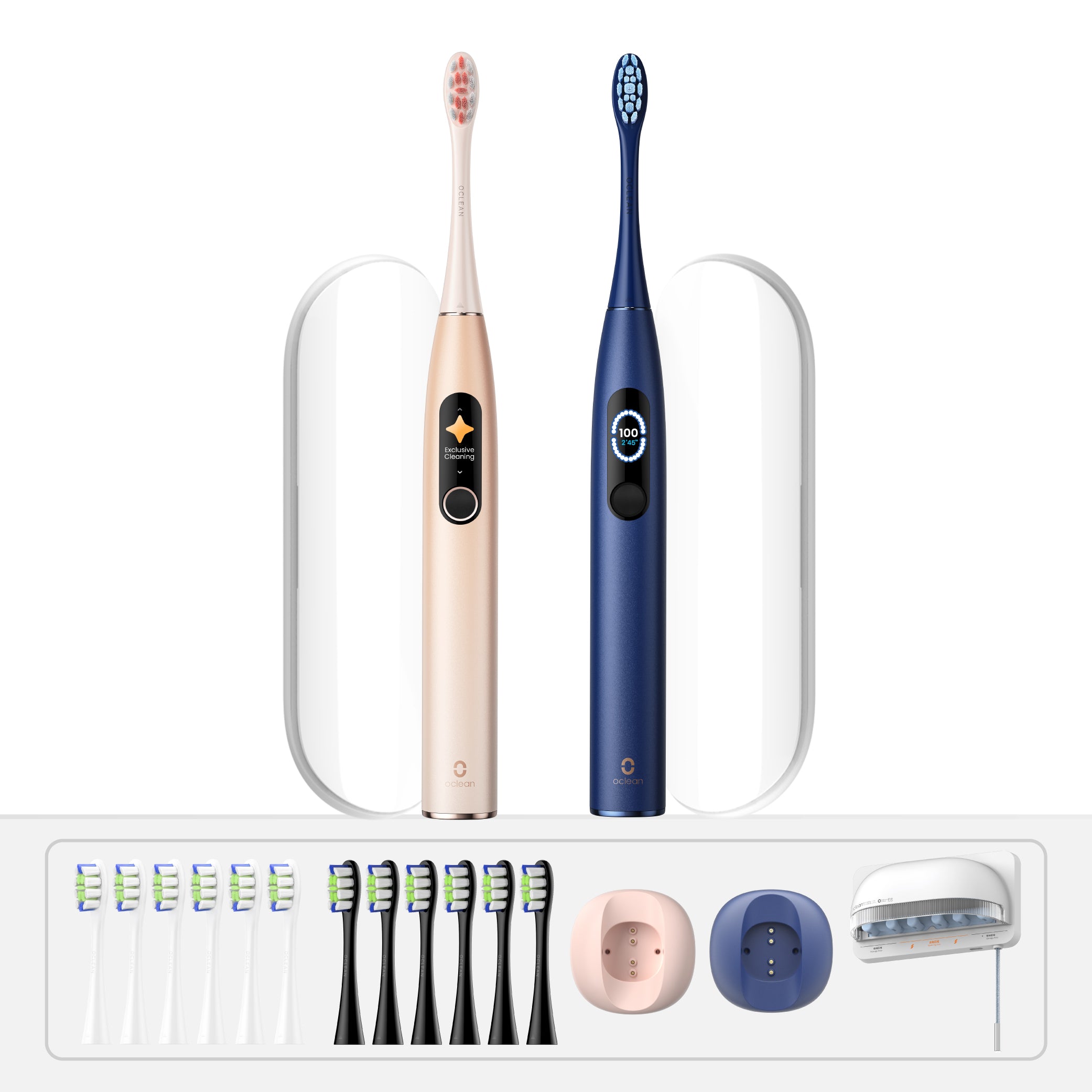Is The Human Tongue Really The Strongest Muscle In The Body?
Growing up, we have all heard about how the human tongue is the strongest muscle in the human body. Many of us have continued to believe this assertion, perhaps awarding the strongest muscle award to an undeserving recipient. Let’s discuss the tongue and debunk this myth once and for all.

The Anatomy Of The Tongue: Is The Tongue A Muscle?
If you were a staunch proponent of the “tongue is the strongest muscle” myth, you would be surprised to know that the human tongue is not even a muscle in the first place. It is, in fact, a group of eight muscles that control the tongue for specific functions. These eight muscles are divided into intrinsic and extrinsic muscles.
The intrinsic muscles are four paired muscles:
1. The superior longitudinal lingual muscle, which shortens the tongue and curls it upward.
2. The inferior longitudinal lingual muscle, which shortens the tongue and curls it downward.
3. The transverse lingual muscle, which elongates and narrows the tongue.
4. The vertical lingual muscle, which flattens the tongue.
Extrinsic muscles include:
1. The genioglossus muscle, which protrudes the tongue through its inferior fibers, depresses the tongue with its middle fibers, and draws the tip back and down through its superior fibers.
2. The styloglossus muscle, which draws up the sides of the tongue to create a trough for swallowing following adequate mastication. The pair of styloglossus muscles work together on each side to retract the tongue.
3. The hyoglossus muscle, which depresses and retracts the tongue.
4. The palatoglossus muscle, which elevates the posterior tongue and aids in the initiation of swallowing.

What Do We Mean By “Strong”?
When calling a person strong, we could mean physically strong, emotionally strong, or even financially strong. Similarly, while discussing which muscle of the human body is the strongest, it is imperative that we understand what “strong” even means.
Some would consider a muscle to be strong based on how much force it can withstand, while others would suggest the largest muscle in the human body is the strongest.
Let’s Answer The Question: What Is The Strongest Muscle In The Human Body?
Depending on how you define the term “strong”, you can award quite a few muscles the title of the strongest muscle of the human body:
1. If you believe the strongest muscle should be the one that exerts the most force based on its weight, then this title would go to the masseter muscle. The masseter muscle is a muscle of the jaw consisting of extremely powerful muscle fibers responsible for helping an individual chew.
2. If by strongest, you mean the organ that is constantly working day and night throughout a person’s lifetime, then it would be unfair to award any muscular organ the title of the strongest if it isn’t the heart.
3. The largest muscle of the human body is actually the muscle we sit on, the gluteus maximus. Due to its large size and responsibility of helping to keep the trunk in an upright position, this muscle also is considered to be the strongest.
4. Considering how the muscles of the uterus are able to push an entire baby out of the birth canal, it would not be surprising if these muscles, present in the pelvic region, are considered to be the strongest.
5. If you consider strength in terms of how much force a muscle can pull, then the soleus muscle would win the title of the strongest muscle of the body.

What about the Tongue?
Muscles that form the tongue are responsible for a wide range of movements and constantly work throughout a person’s lifetime. Although we could not award the tongue the title of the strongest, it is undoubtedly true that the tongue is the most flexible. This muscular organ can perform a plethora of movements, from curling up and flattening down to protruding out of the mouth, without ever getting tired.
What Happens If You Do Not Keep Your Tongue Clean
The tongue, although not the strongest, is nonetheless an extraordinarily vital and powerful muscular organ of the human body. It is crucial to keep it clean so that its flexibility and strength are preserved throughout one’s lifetime.
Unfortunately, many people fail to brush their tongues during routine tooth brushing. This allows harmful bacteria to lodge into the tiny crypts present on the tongue, causing an array of disorders ranging from bad breath (also known by its medical term, halitosis, and its more frightening term, dragon’s breath) to hairy tongue (an unpleasant disorder characterized by blackish or brownish discoloration of the tongue). These disorders are not only unsightly but also affect the taste of food during mealtimes.
What Makes the Tongue Unique?
Even though the tongue is not the strongest muscle in the body, it is one of the most unique and fascinating. [1] It is unique compared to other muscles because it is a muscular hydrostat—a muscle capable of moving in numerous directions without the help of any type of skeletal structure. It is highly versatile and amazingly functional. That is what makes it so unique:
1. It’s Made of Eight Interwoven Muscles
Most of the body's muscle groups work in pairs—when one relaxes, the other contracts. The tongue contains eight paired muscles that are interlocked with each other. [2] These work together so the tongue can move in all directions—up and down, sideways, and even in circles. This makes it possible to:
- Roll your tongue into different shapes.
- Transfer food around the mouth for chewing and swallowing.
- Establish precise motor patterns for speech.
2. It’s Always Active – Even While You Sleep
Unlike other voluntary muscles that can rest when not in action, the tongue never stays stationary. Even when you are fast asleep, it is still performing crucial functions such as:
- Forcing the saliva towards the throat so that it doesn't pool in the mouth.
- Prevention of choking through avoidance of food remaining in unsafe areas of the mouth.
3. It Plays an Important Role in Voice Production and Speech
One of the most critical functions of the tongue is to help produce speech. It works together with the teeth, lips, and vocal cords to articulate words and govern the way sounds are made. [3]
- Your tongue directs the airflow as it flows through the mouth so that we can articulate various letters and sounds.
- It adjusts pitch and tone to assist in making speech clear and expressive.
- Your tongue supports complex language skills so that individuals can communicate with precision and emotion.
4. It Has Incredible Endurance
Most of the body's muscles need rest periods to recover from prolonged activity. The tongue works continuously for a lifetime. Whether you are talking, chewing, swallowing, or even breathing, your tongue is working.
Even after being utilized for so many decades, it does not have the same type of muscle fatigue as other parts of the body.
5. It is Essential for Taste and Digestion
Apart from movement, the tongue also has thousands of taste buds that allow us to experience sweetness, saltiness, sourness, bitterness, and many other flavors. [4] It also plays a vital role in digestion through:
- Perceiving the texture and temperature of food helps us decide if something is safe to eat.
- Chewing and mixing food with saliva, breaking it down before swallowing.
- Guiding food down towards the throat facilitates smooth swallowing.
So, Is the Tongue the Strongest Muscle?
No. The tongue is not the strongest muscle of the human body. It is one of the most flexible, durable, and hardworking muscles. It is tasked with speech, eating, and swallowing but lacks the force of the masseter, glutes, and heart.
The "strongest muscle" misconception may be due to the tongue's constant activity and endurance, but other body muscles are stronger in terms of sheer power.
How to Keep Your Tongue Clean
There are many ways you can keep your tongue clean and healthy, including:
1. Brushing the tongue: If you are a fan of electric toothbrushes, you would be pleased to know that smart sonic electric toothbrush can safely and effectively remove the plaque and bacteria present on the surface of your tongue to fight bad breath and other tongue-related ailments.
2. Using a tongue scrapper: this tool allows you to swipe away resident bacteria, preventing them from colonizing and causing you distress.
3. Rinsing: After brushing your teeth, thoroughly rinsing your mouth with water flushes away the collections of bacteria and food debris present on the tongue.
The Takeaway
If you have ever asked yourself, “Is the tongue the strongest muscle in the human body?” you now have your answer. Although not the strongest, the tongue is indeed the most flexible muscular organ, and protecting it through proper cleaning is essential to preserve its function and prevent nasty conditions such as halitosis. Oclean offers a range of smart sonic electric toothbrushes that help keep the tongue bacteria and plaque-free for a fresher and healthier smile.
Table of Contents

